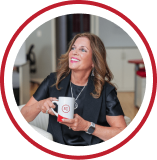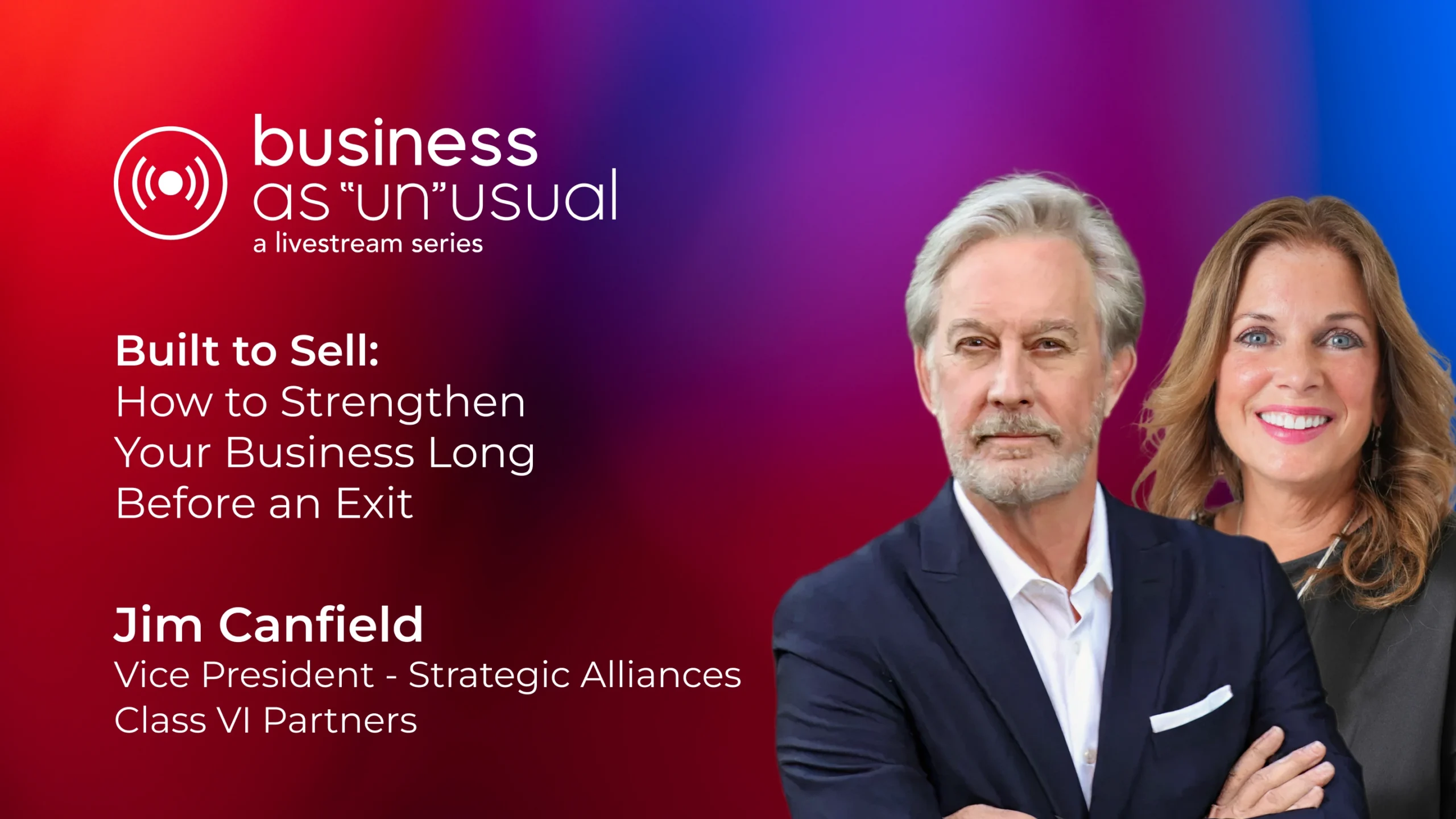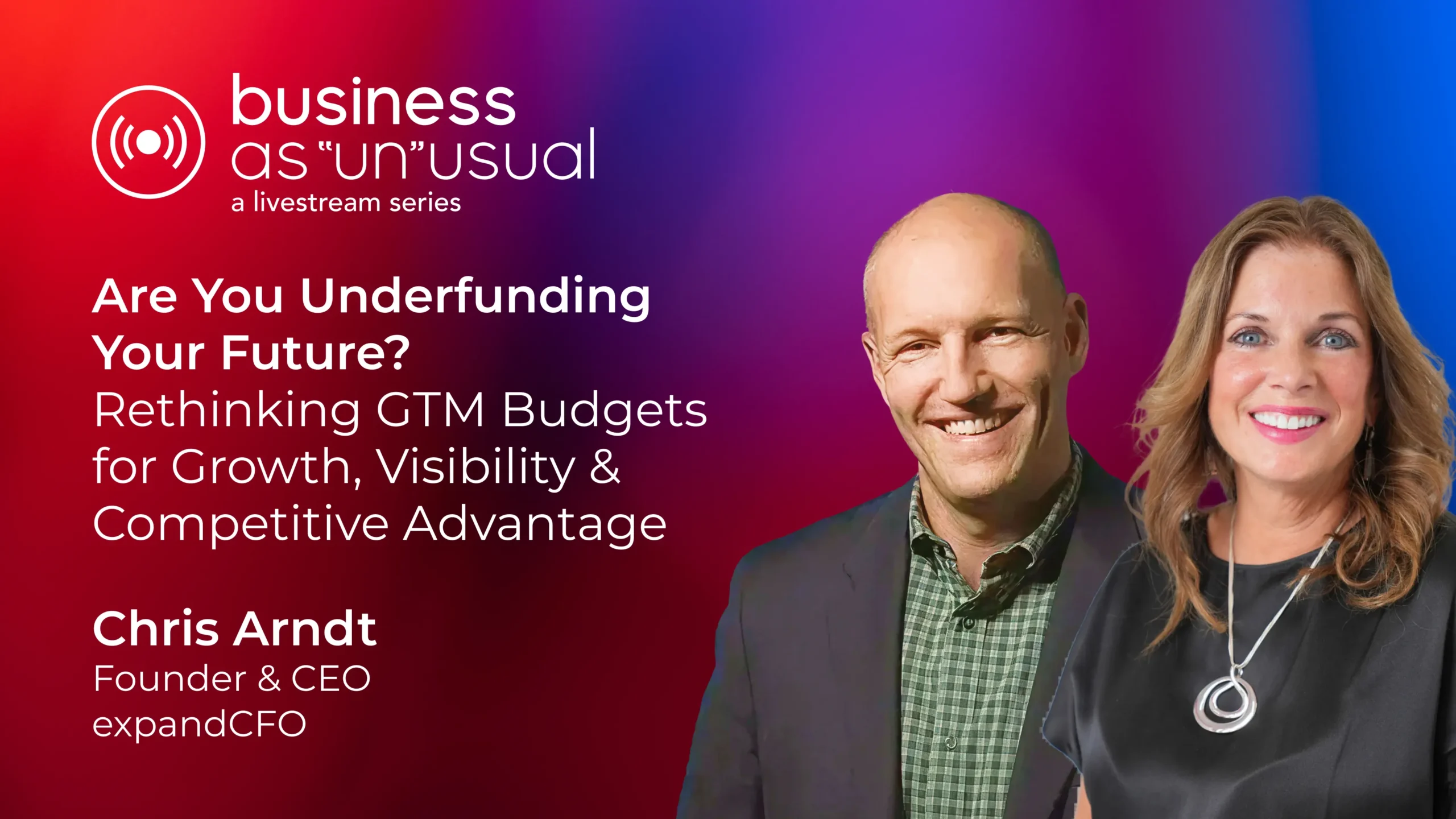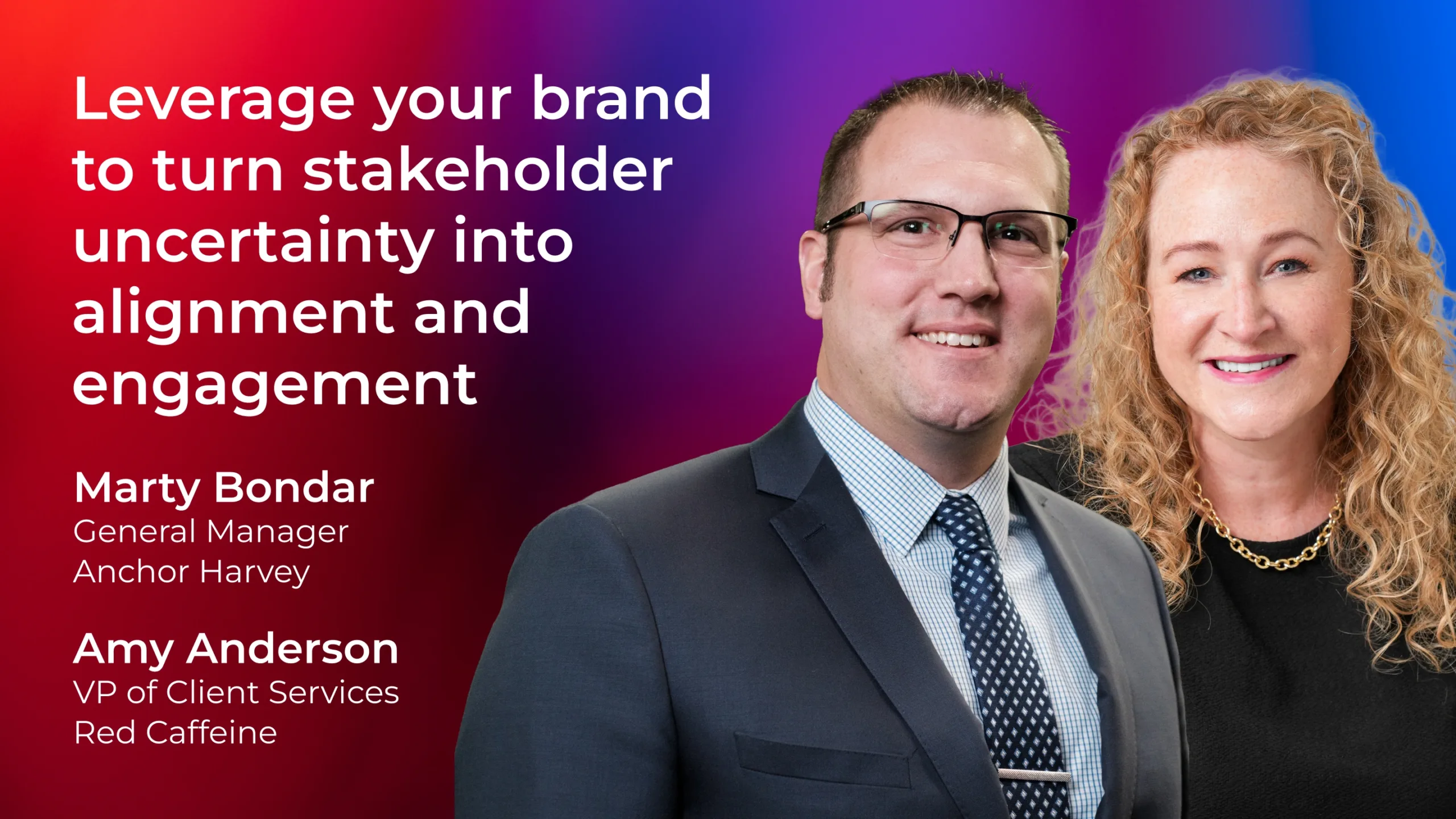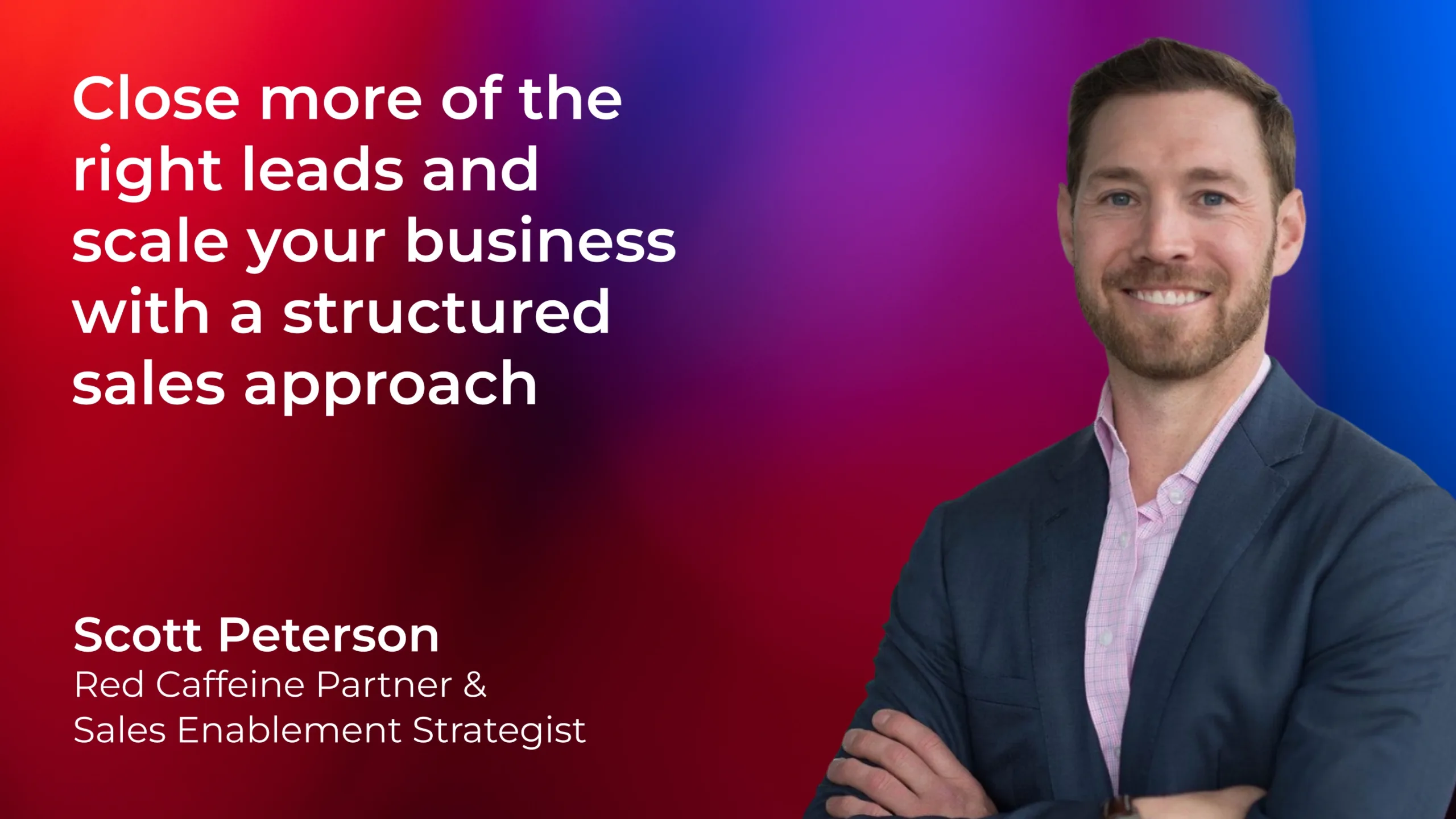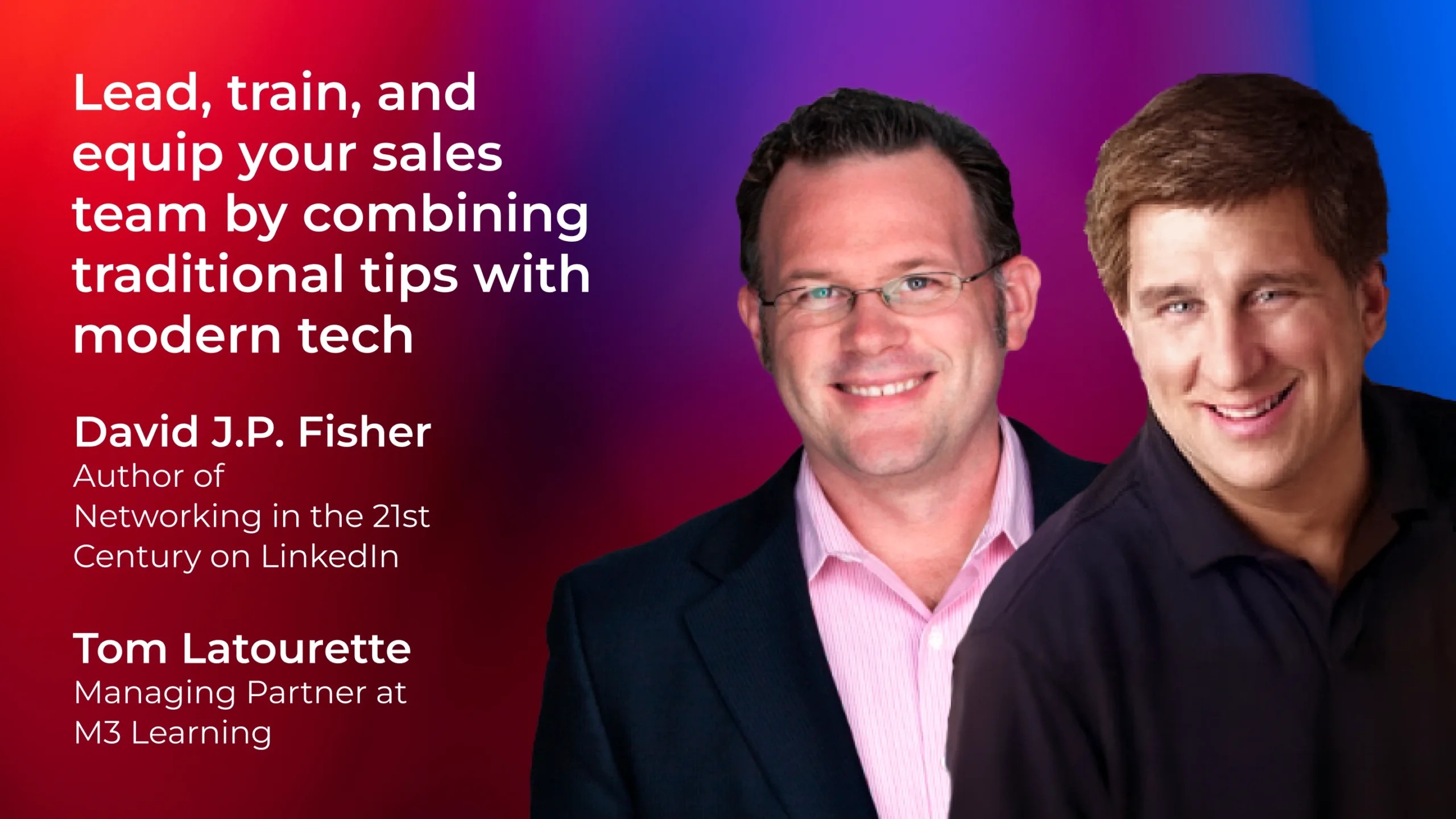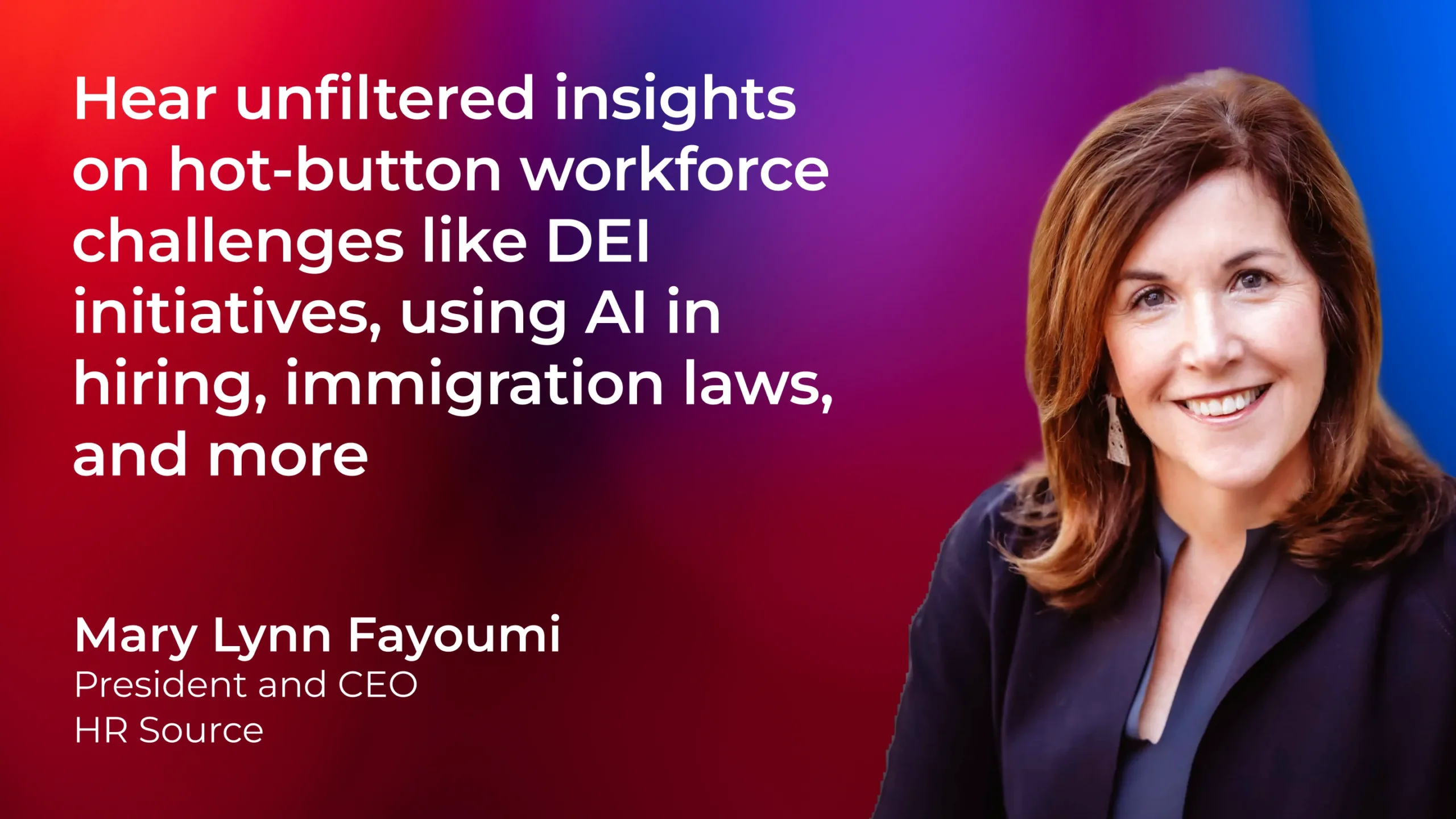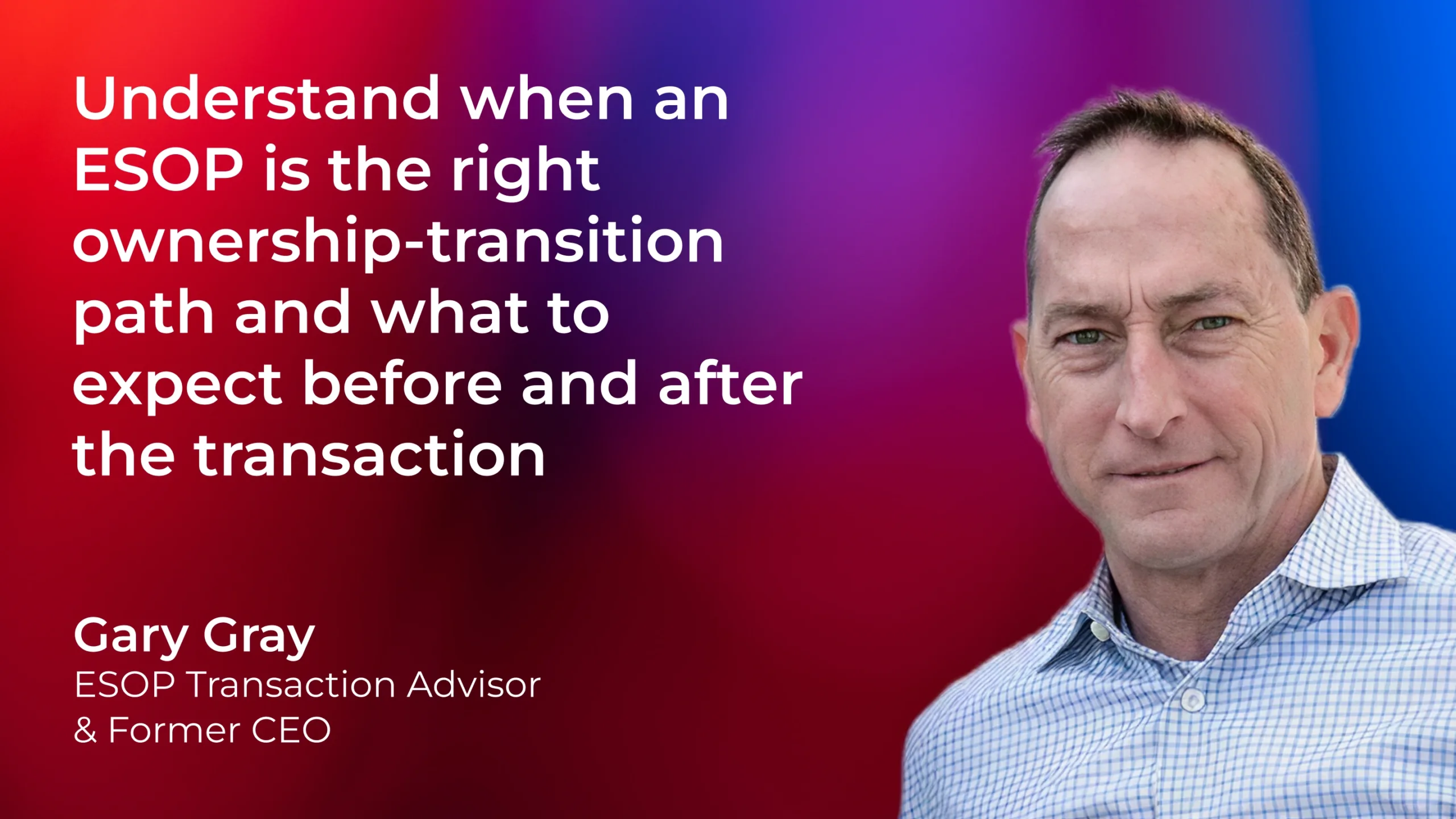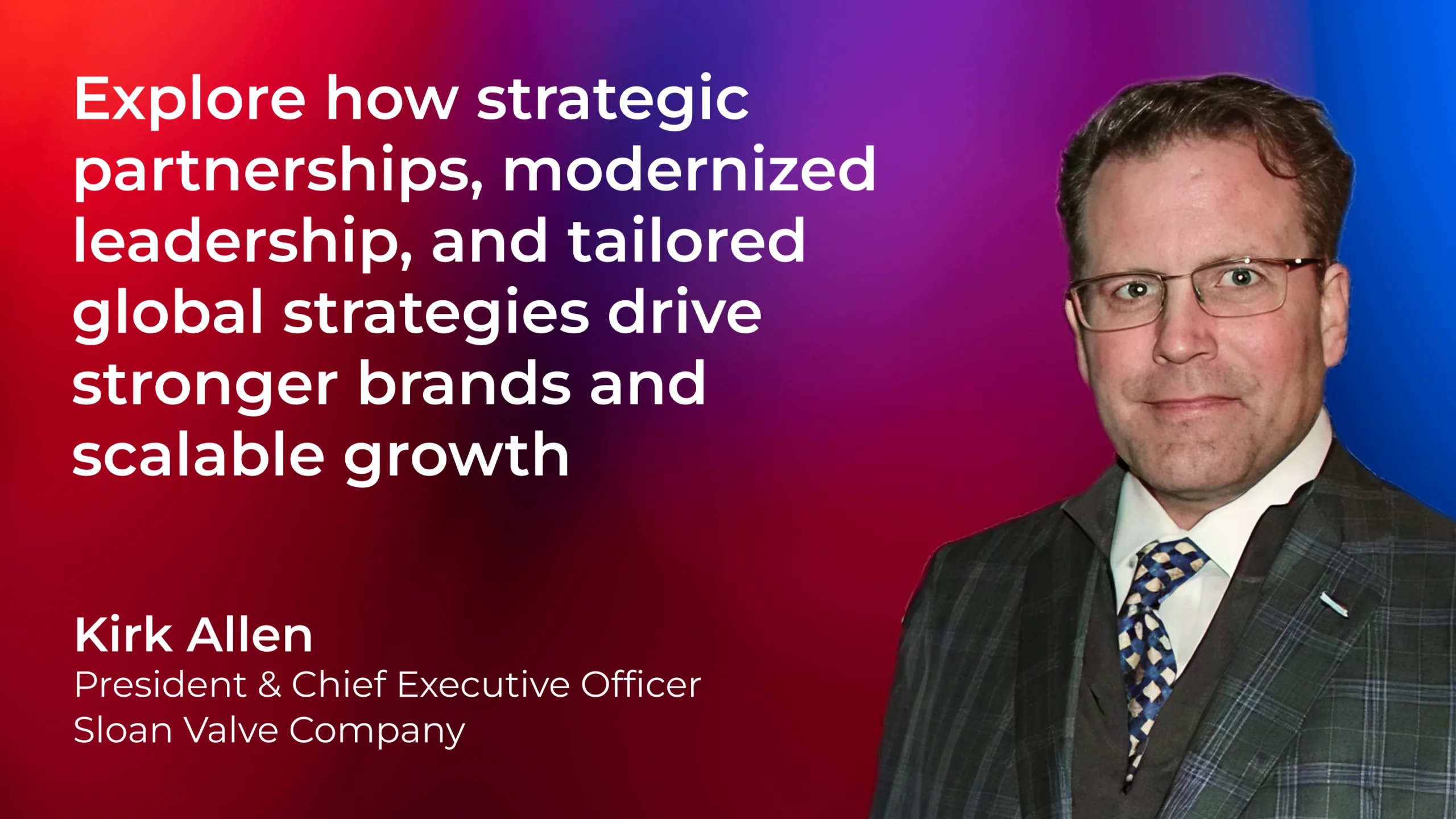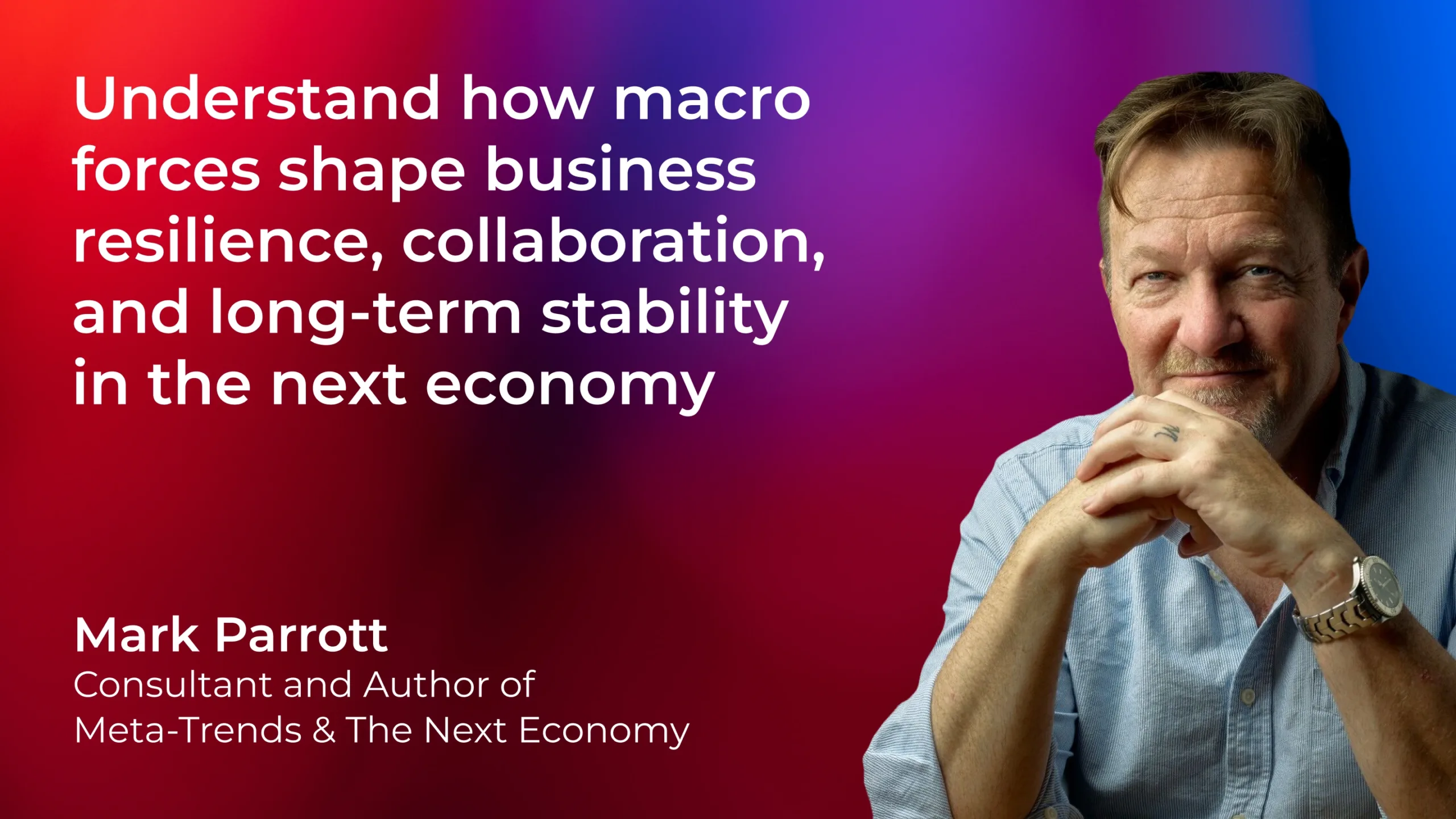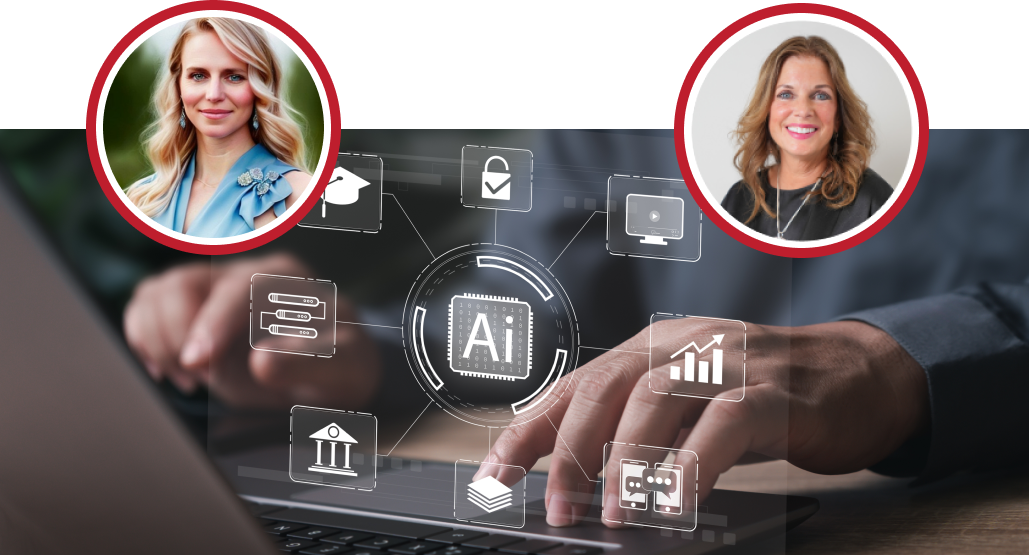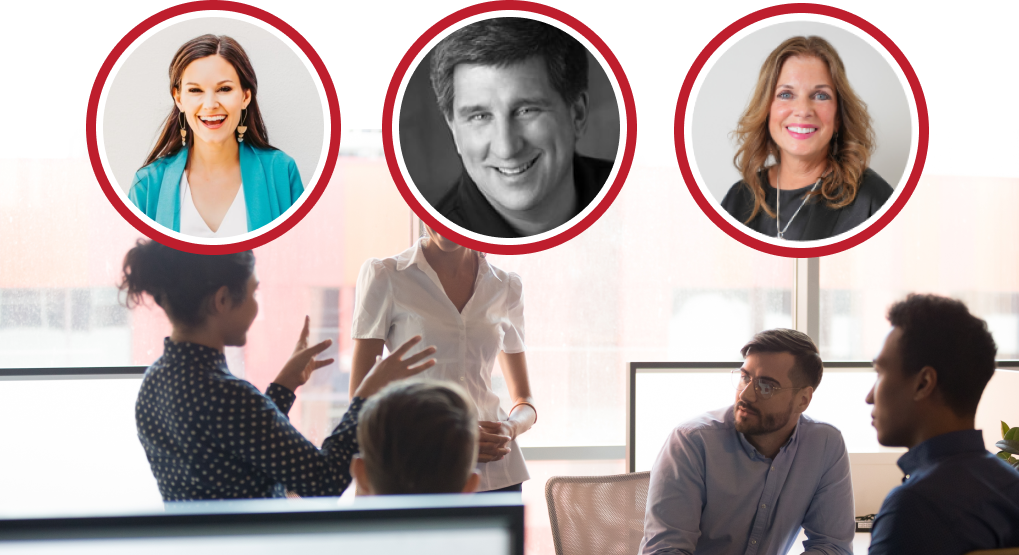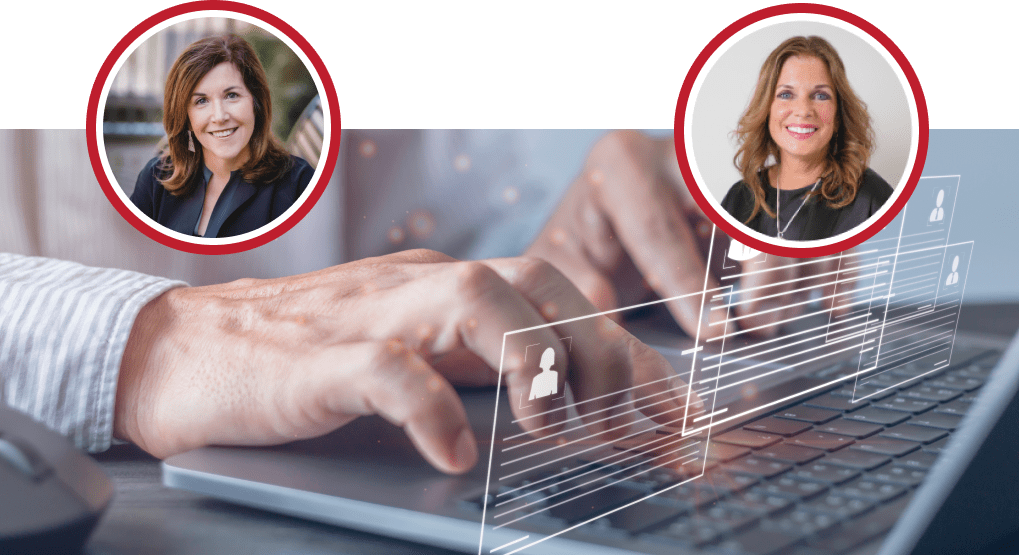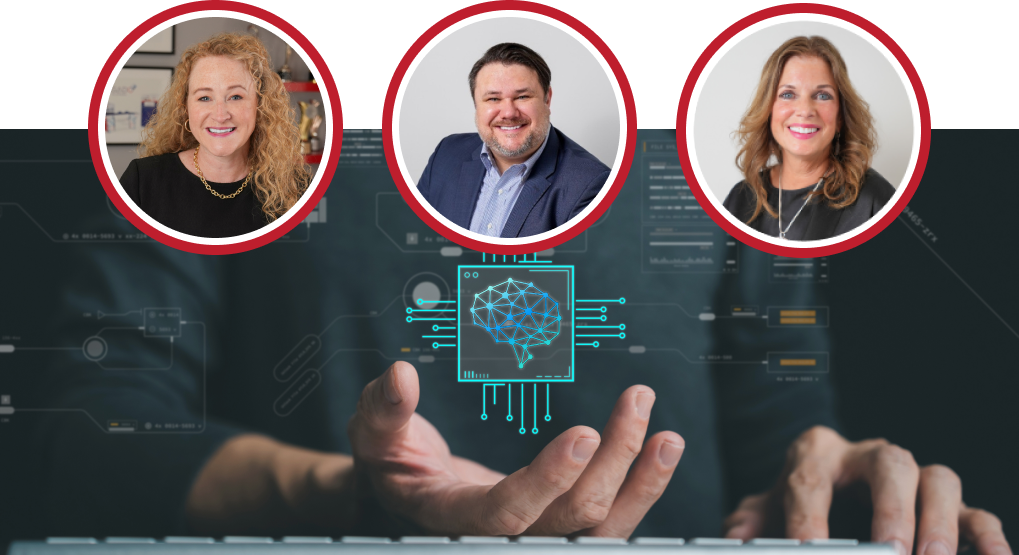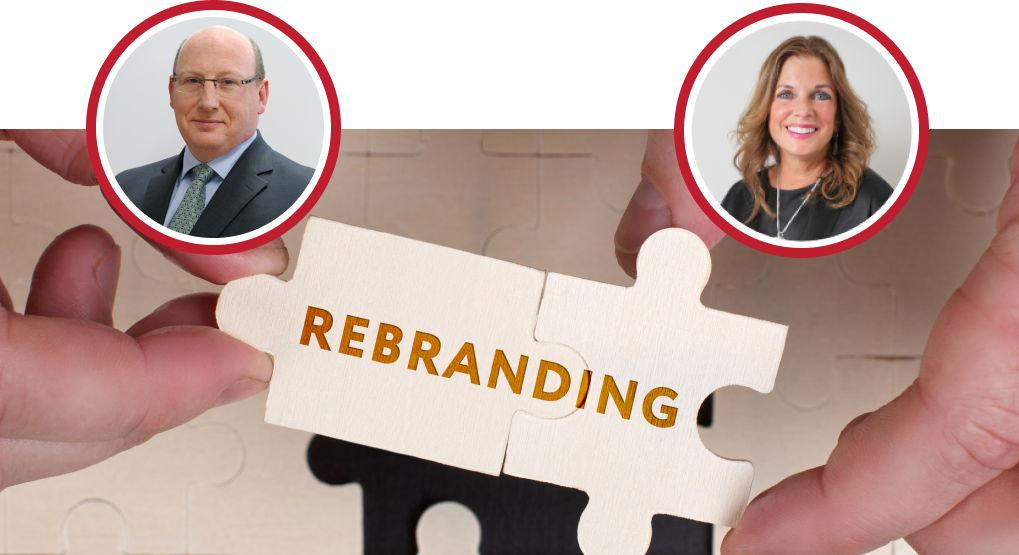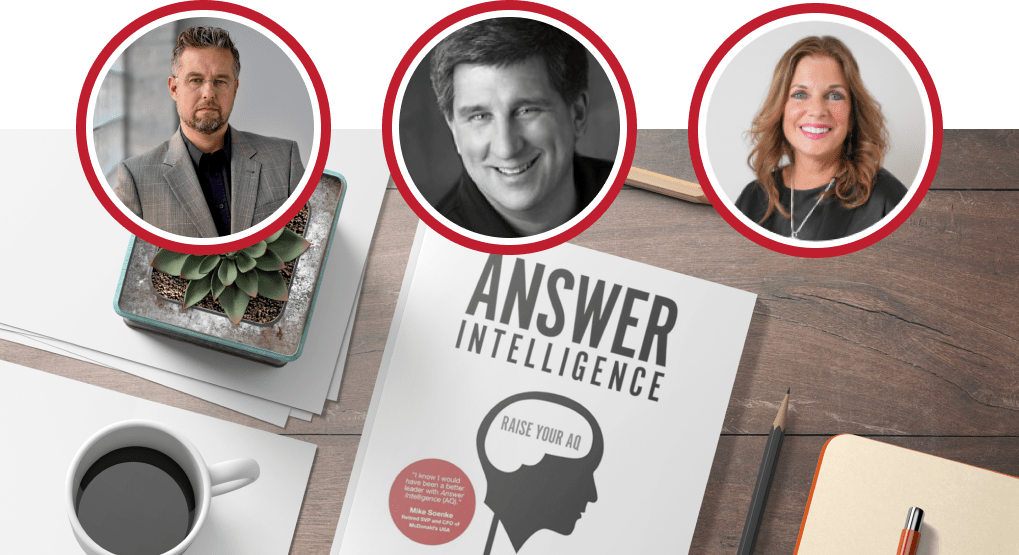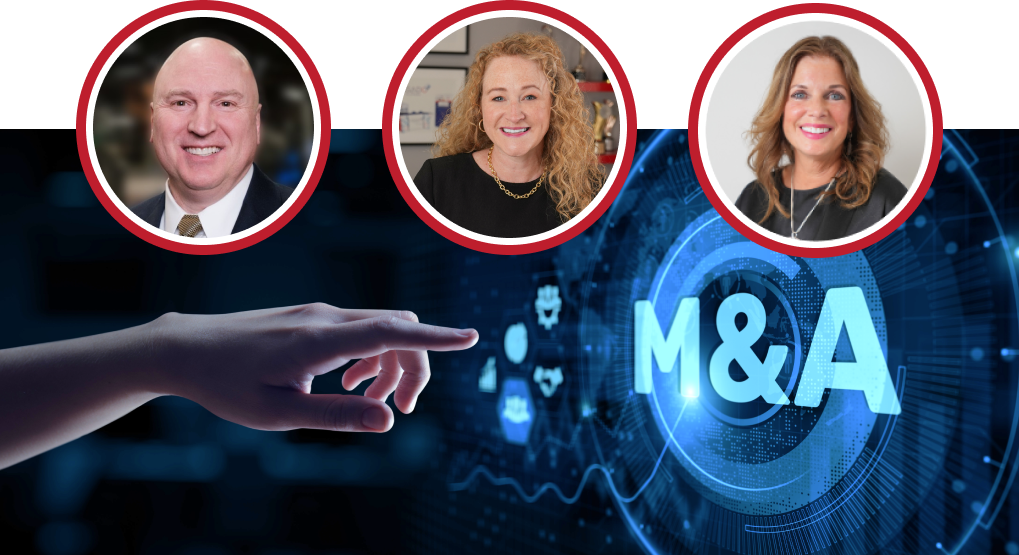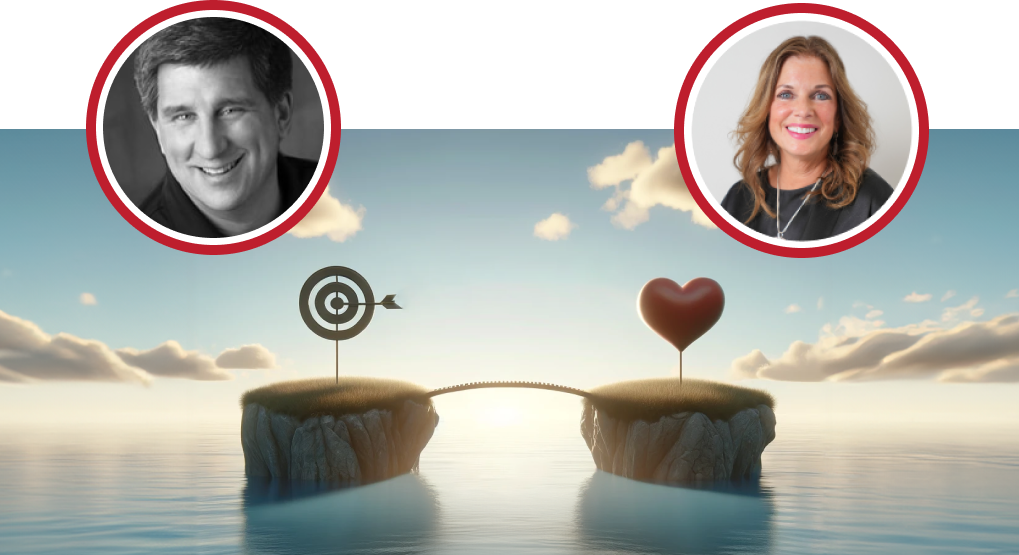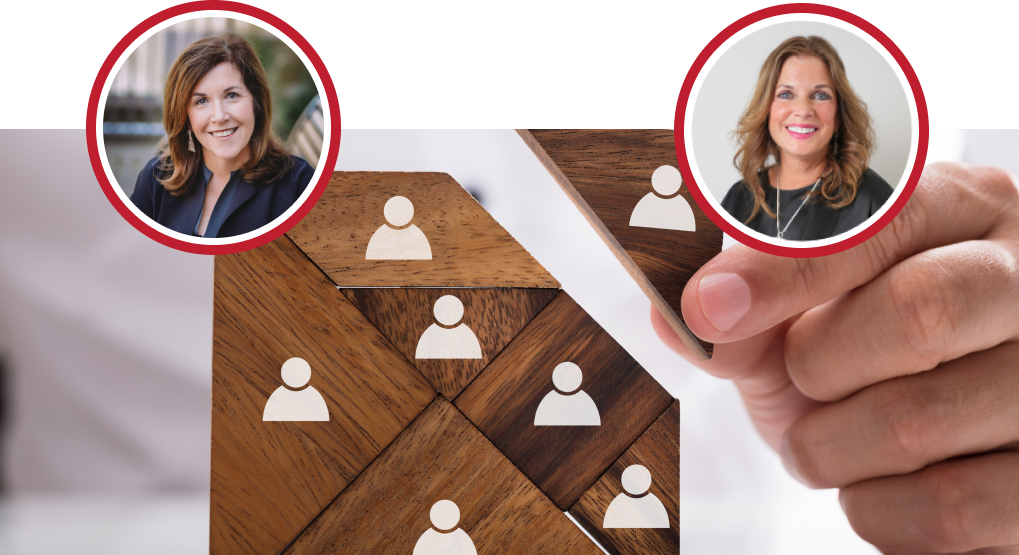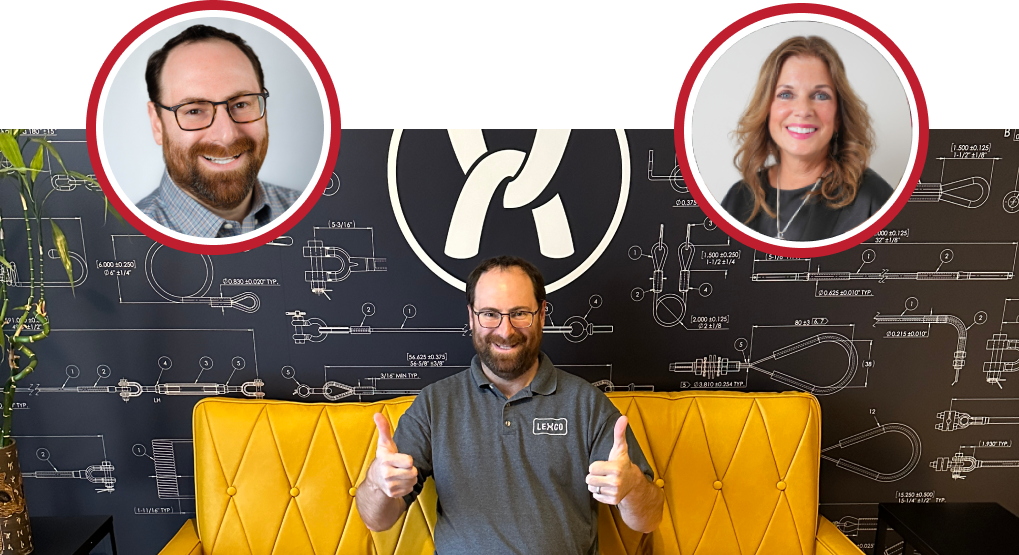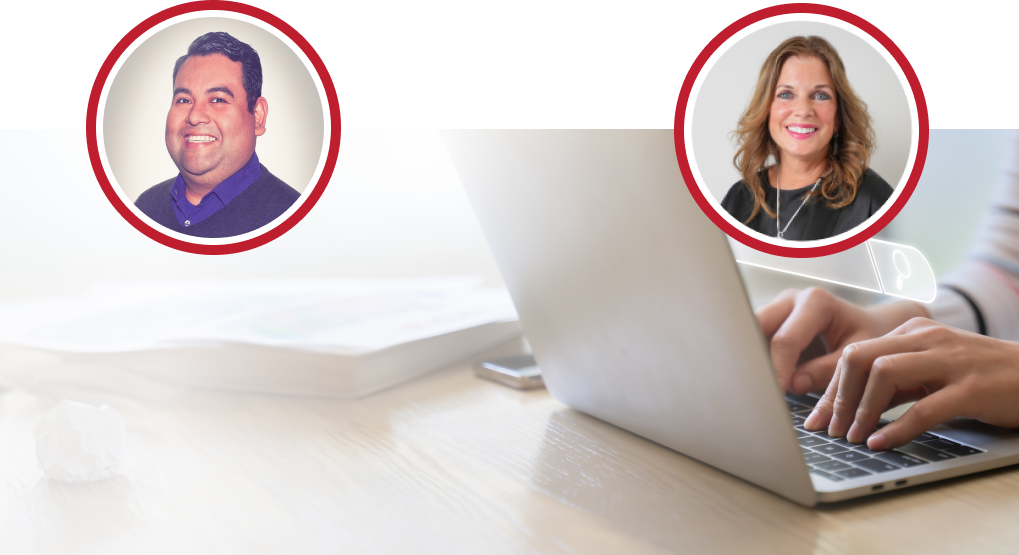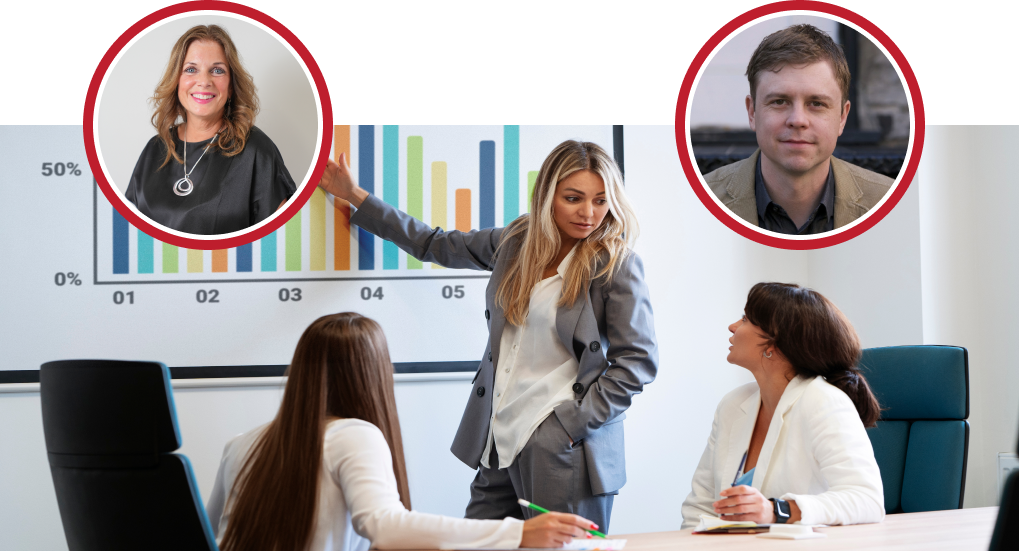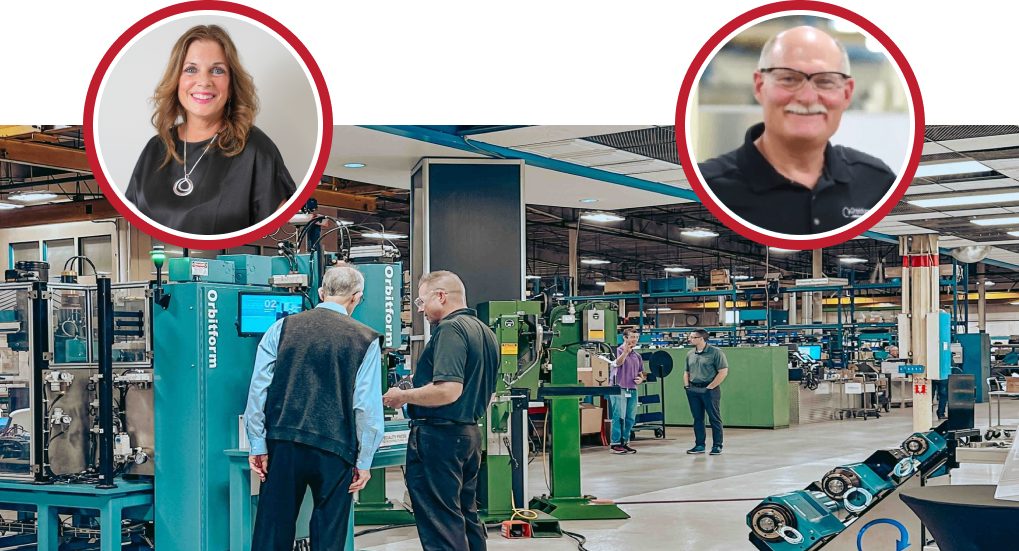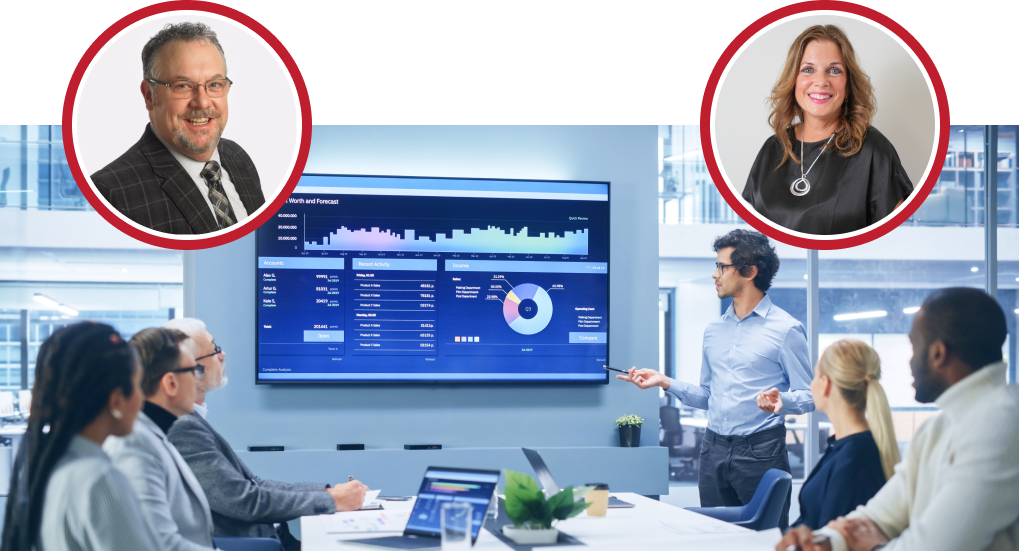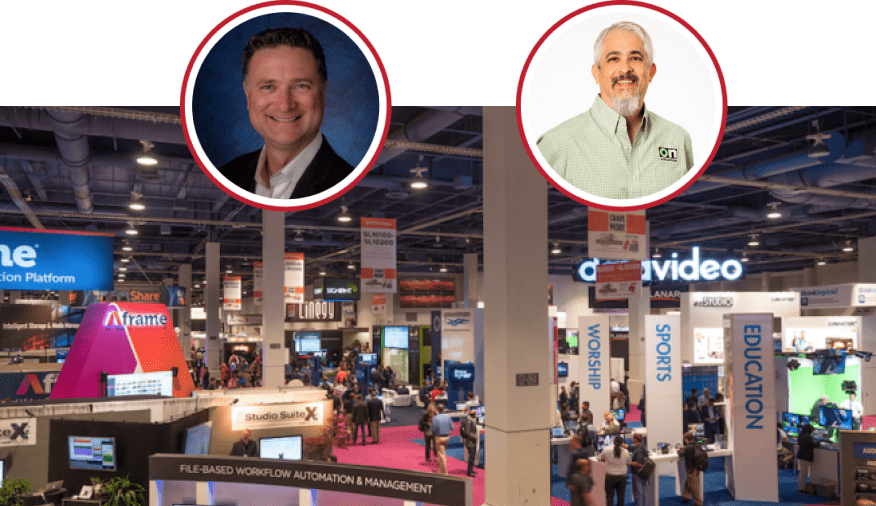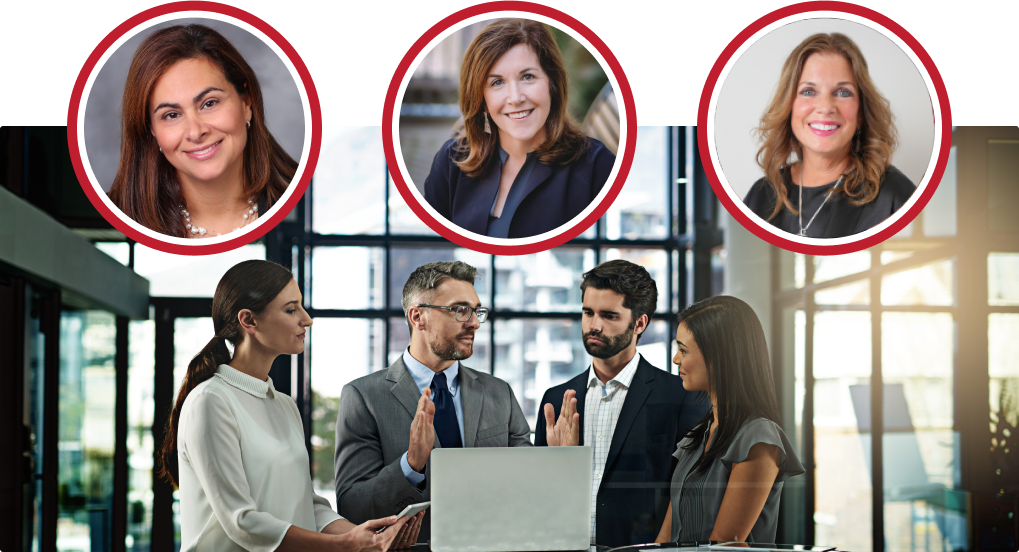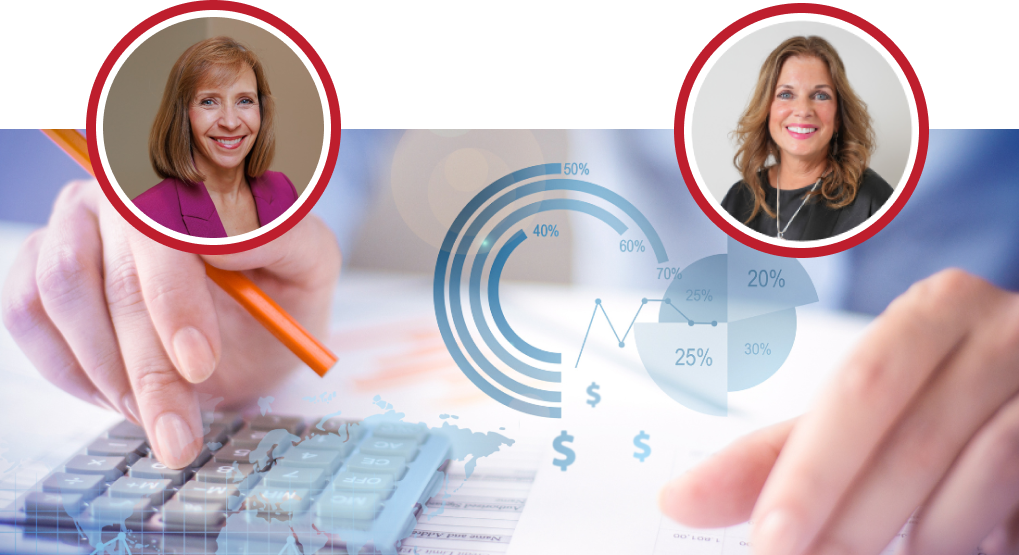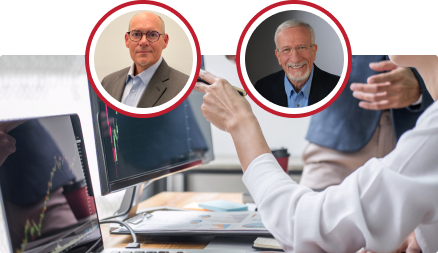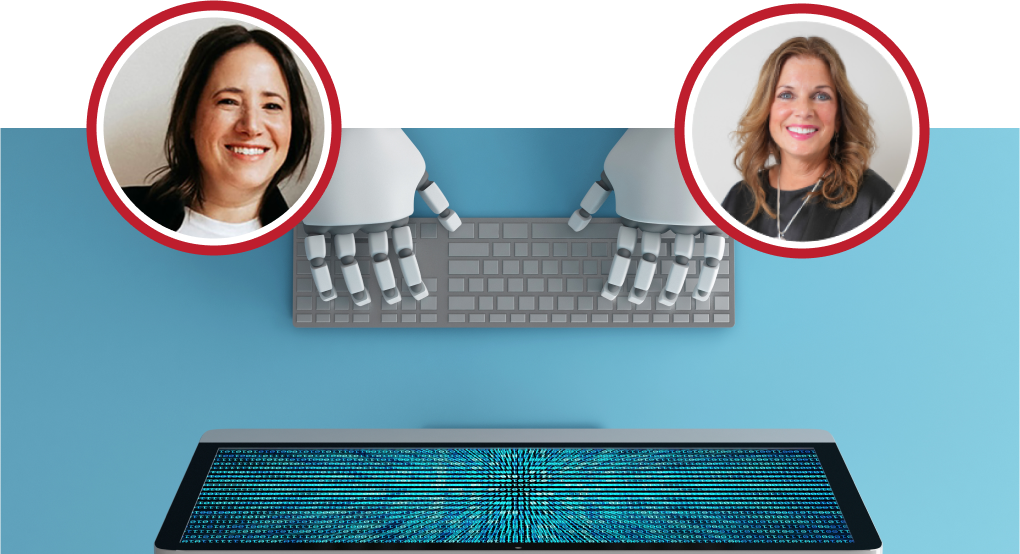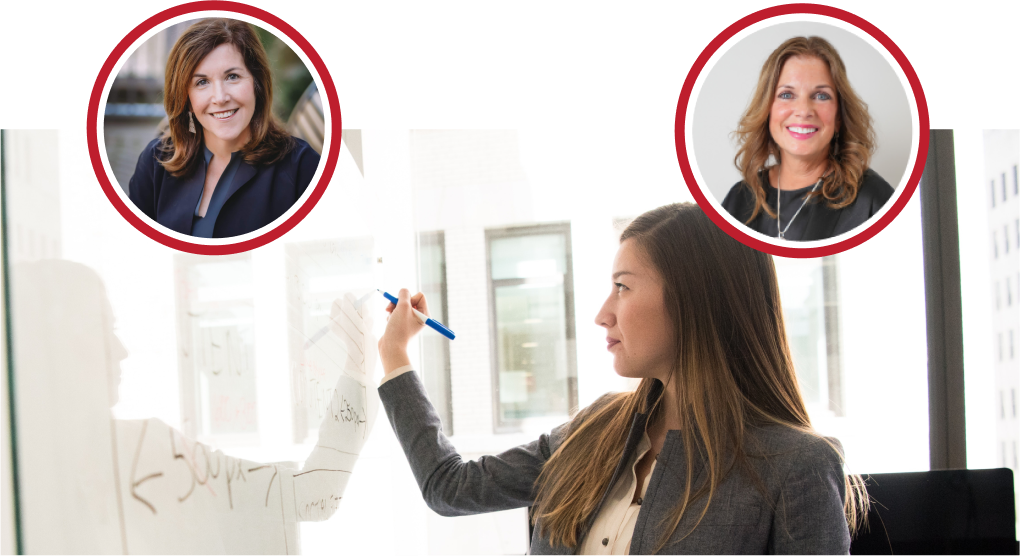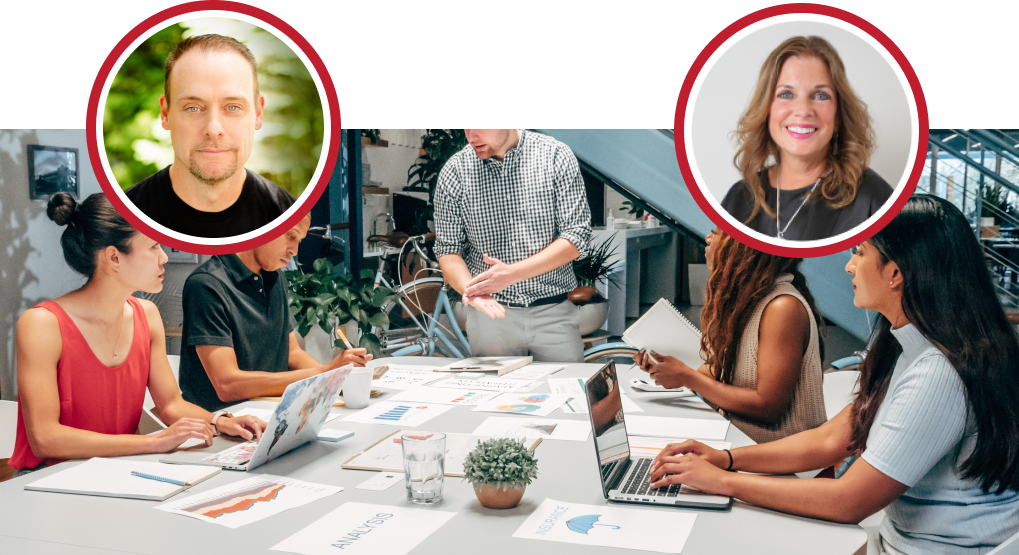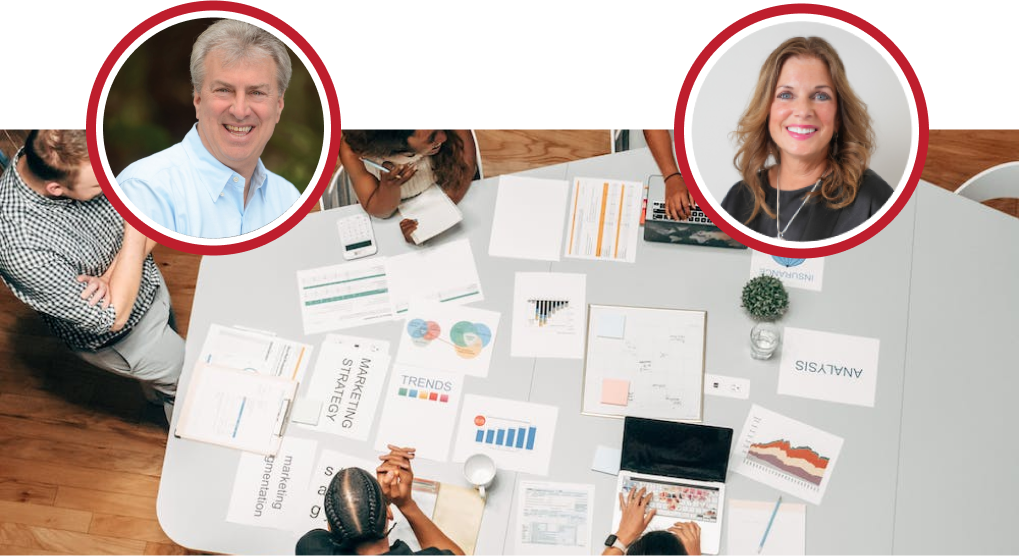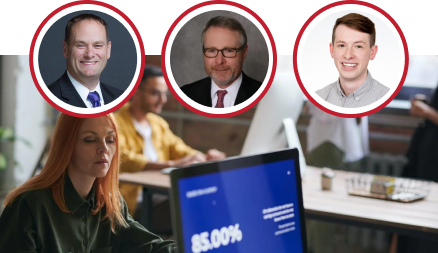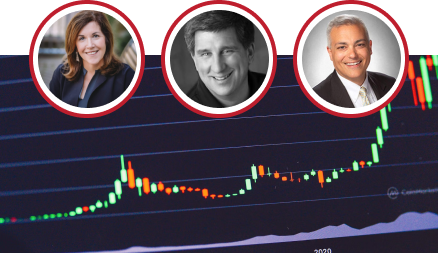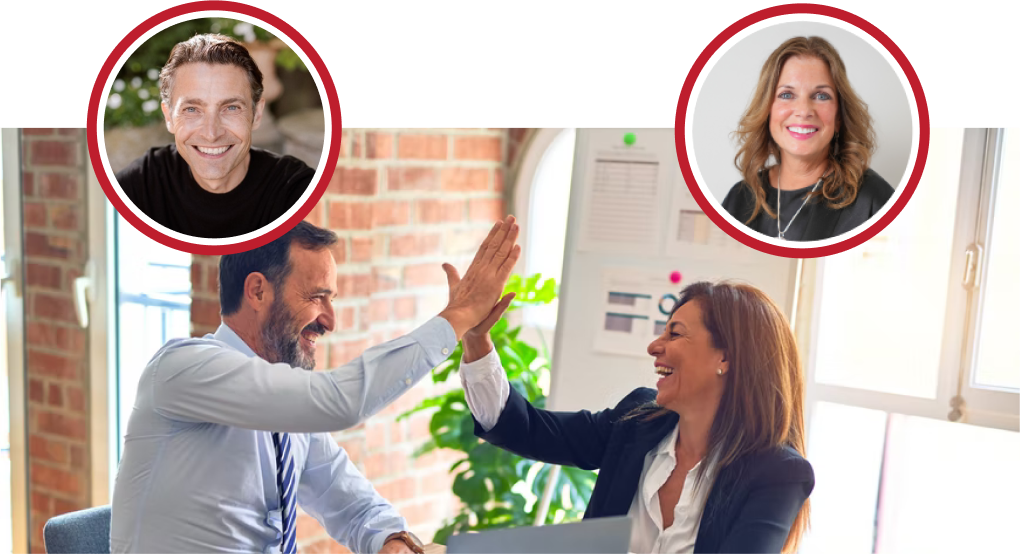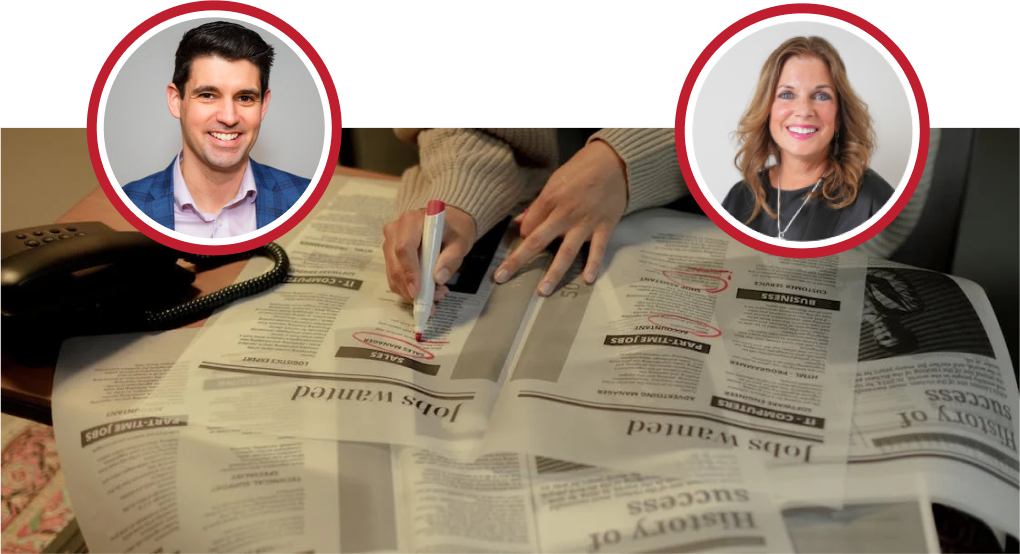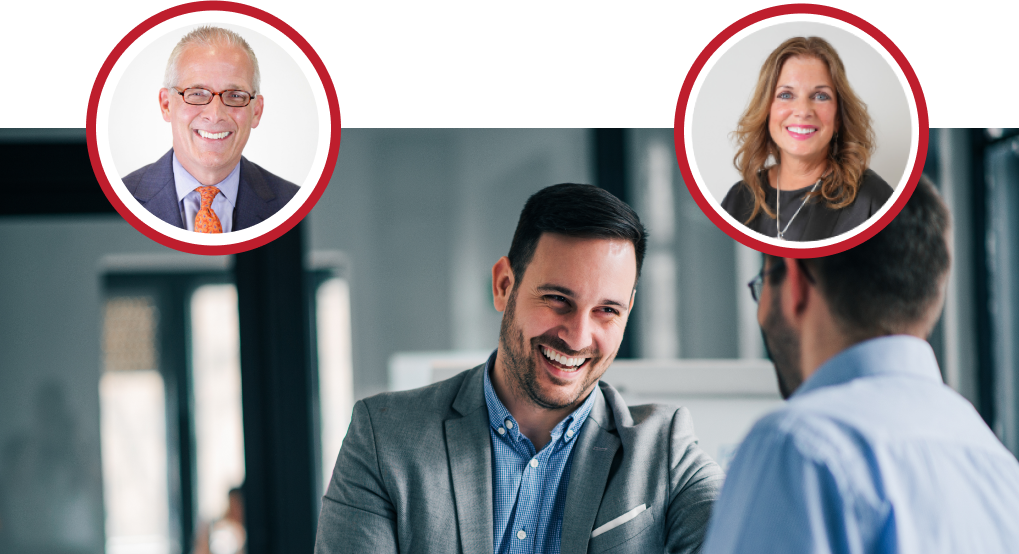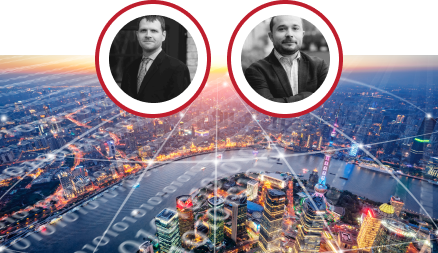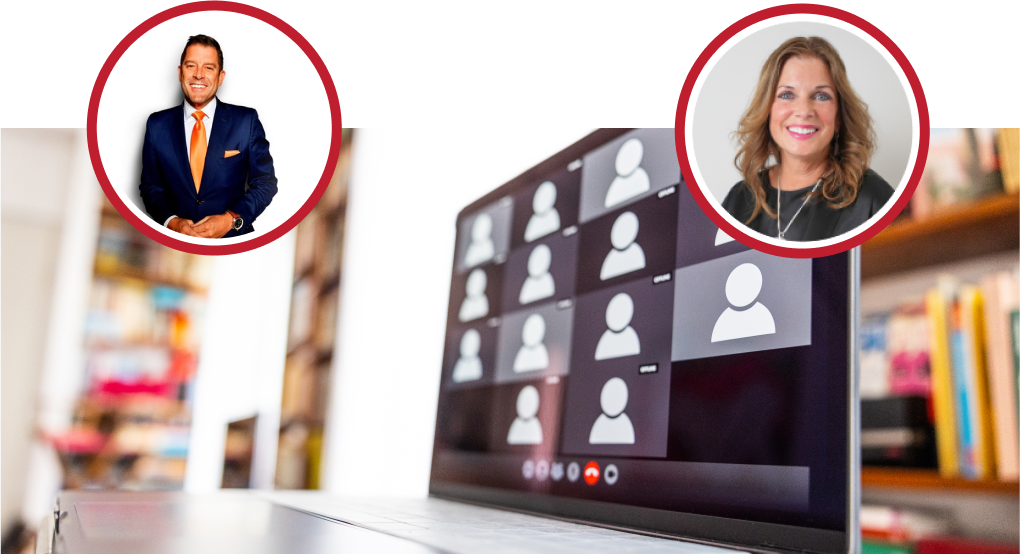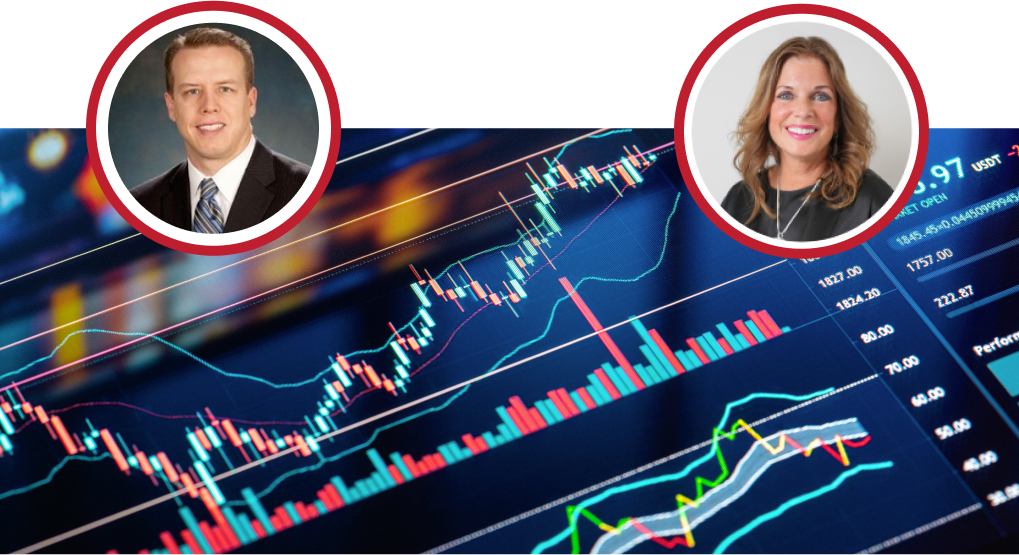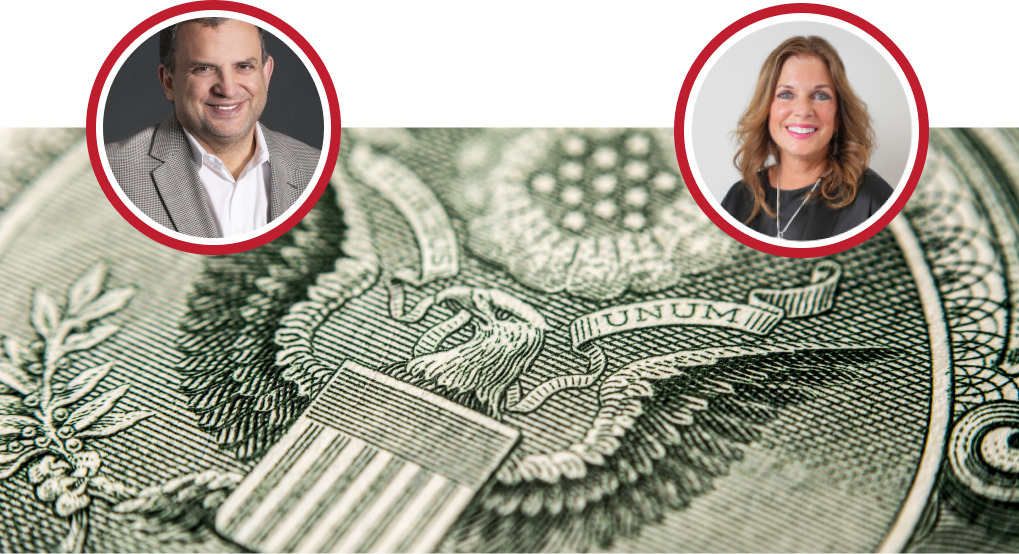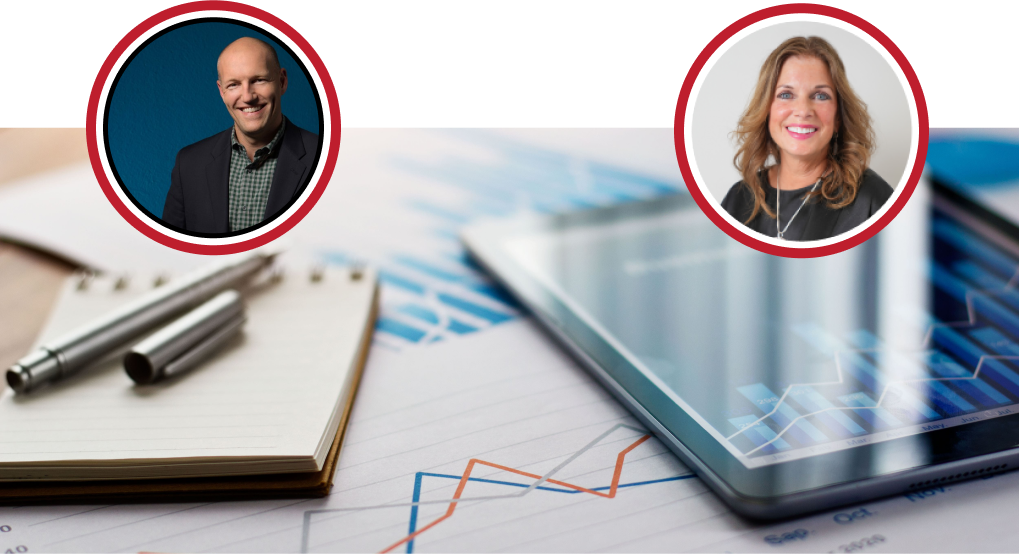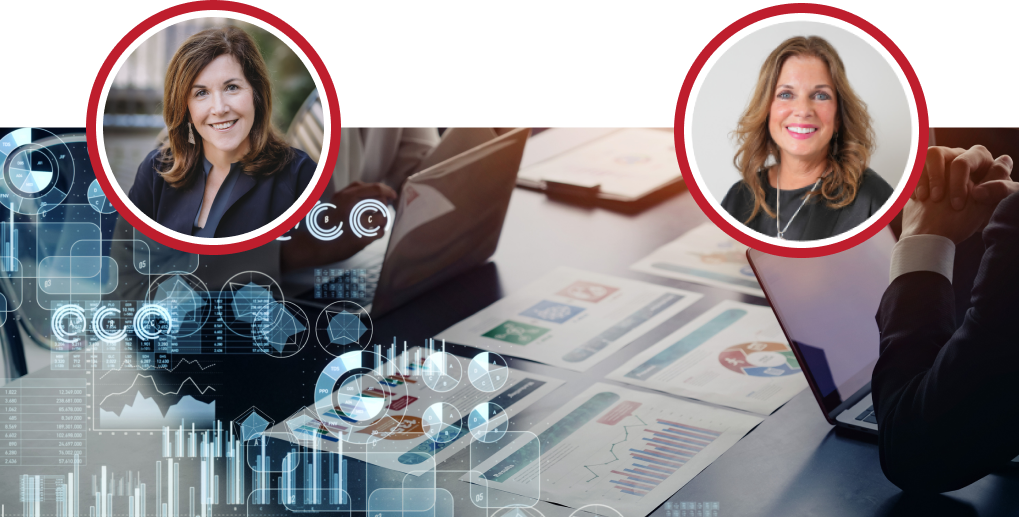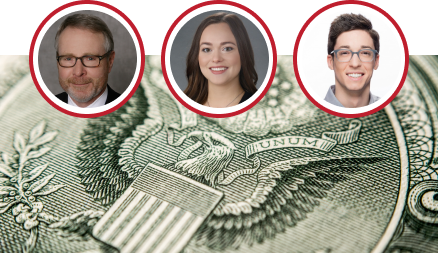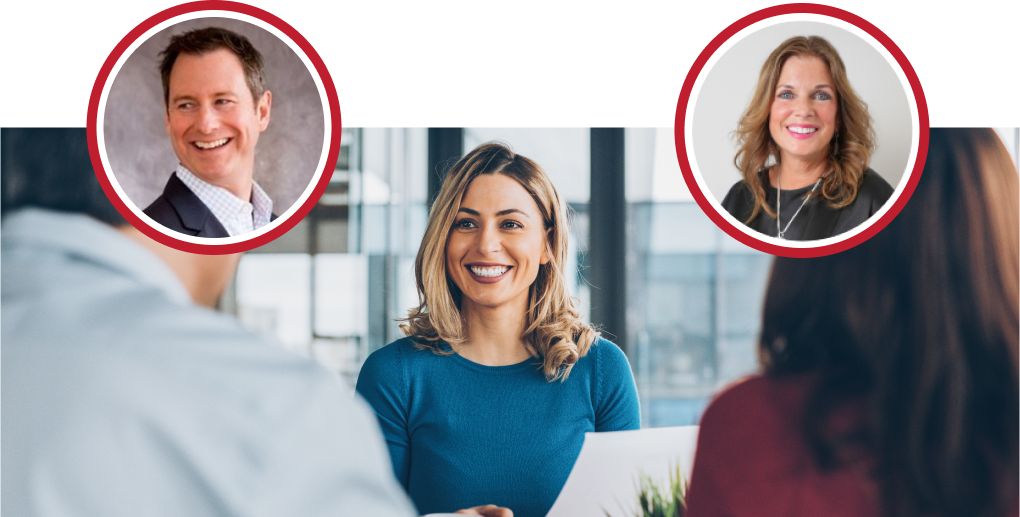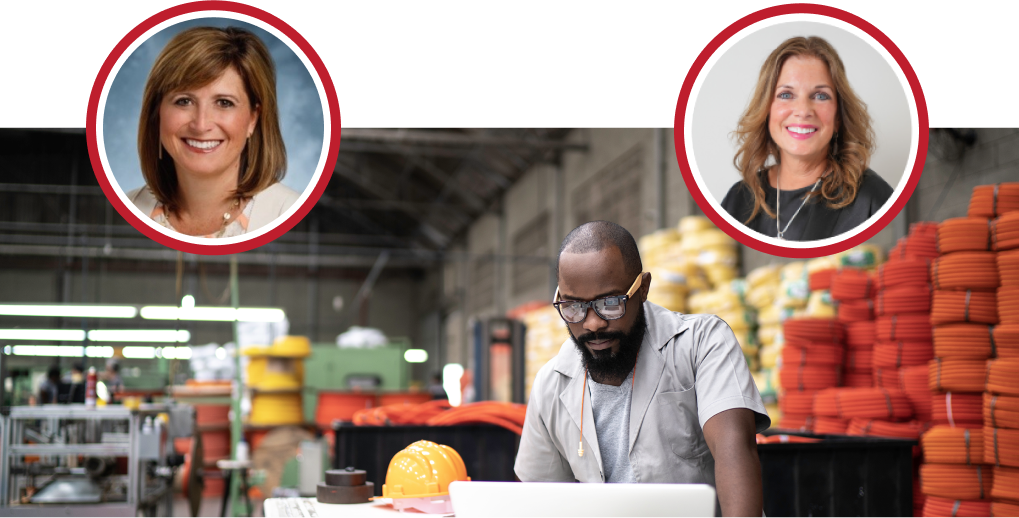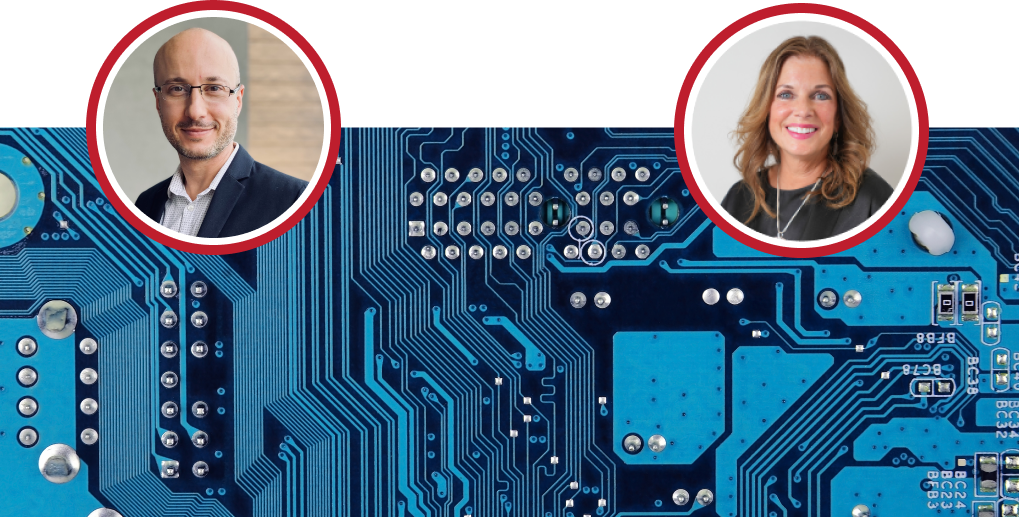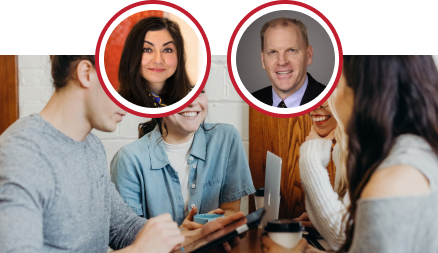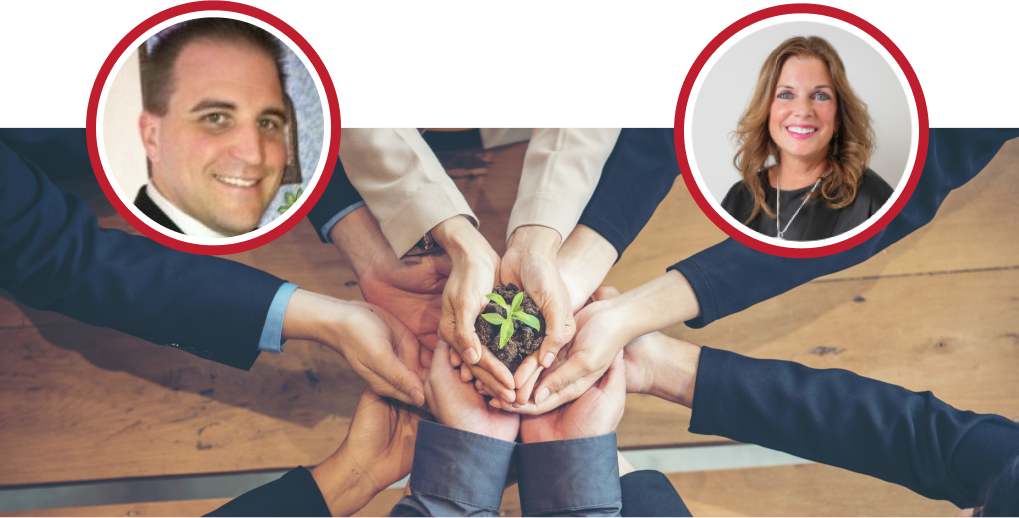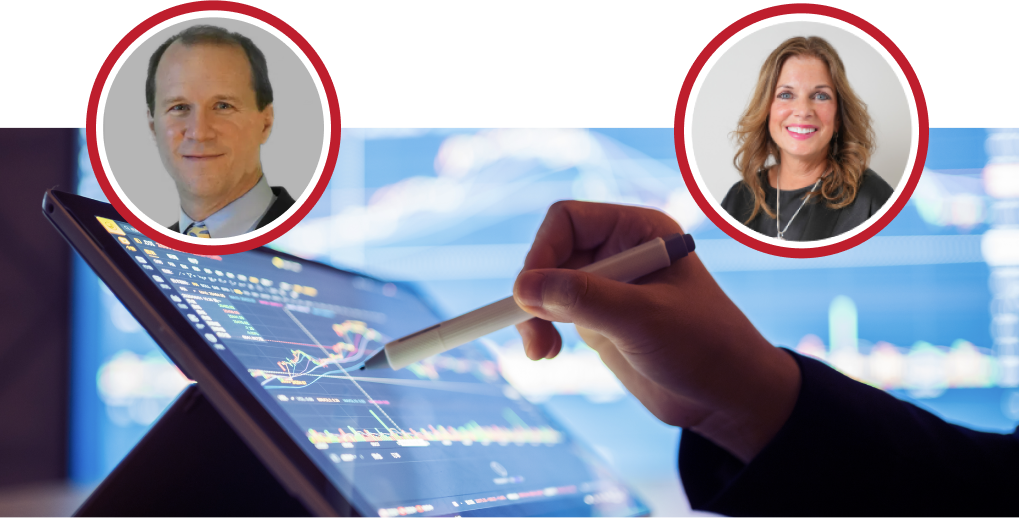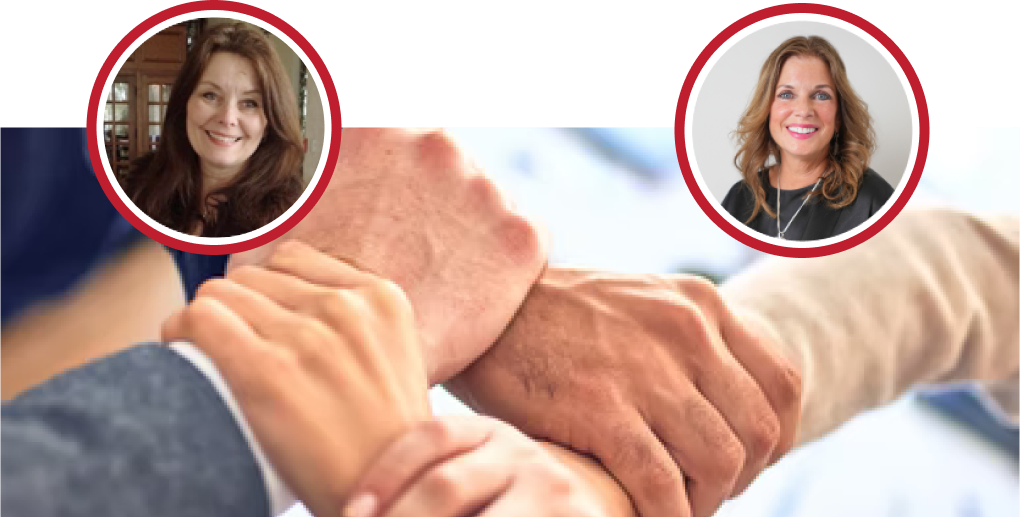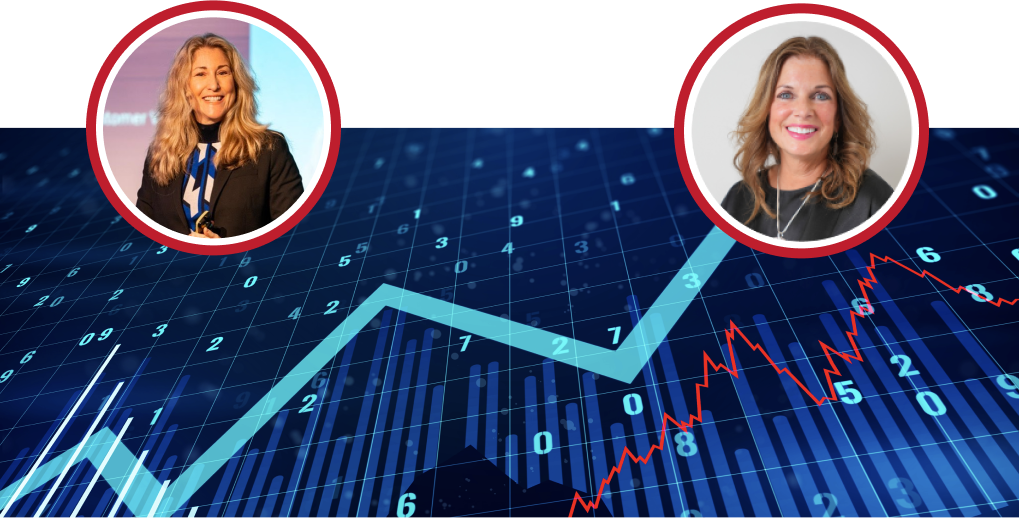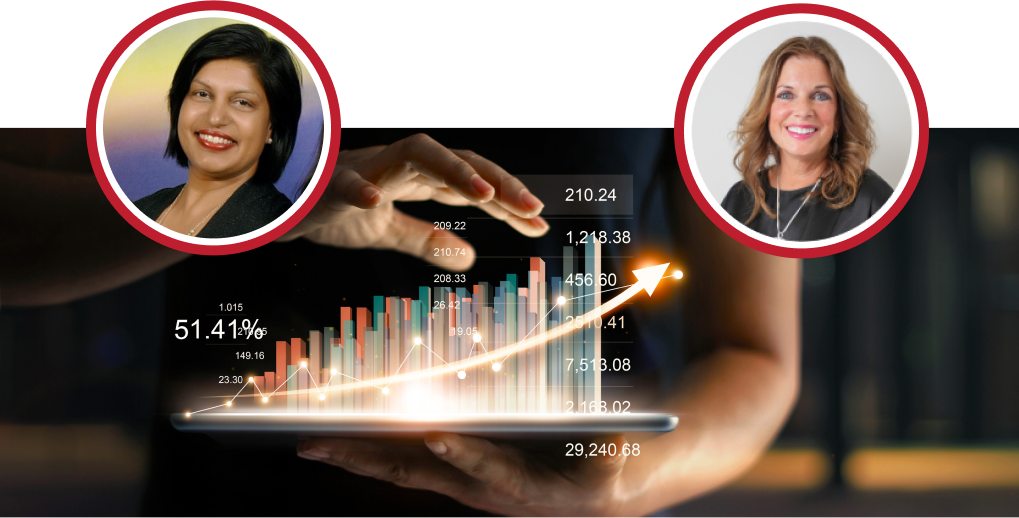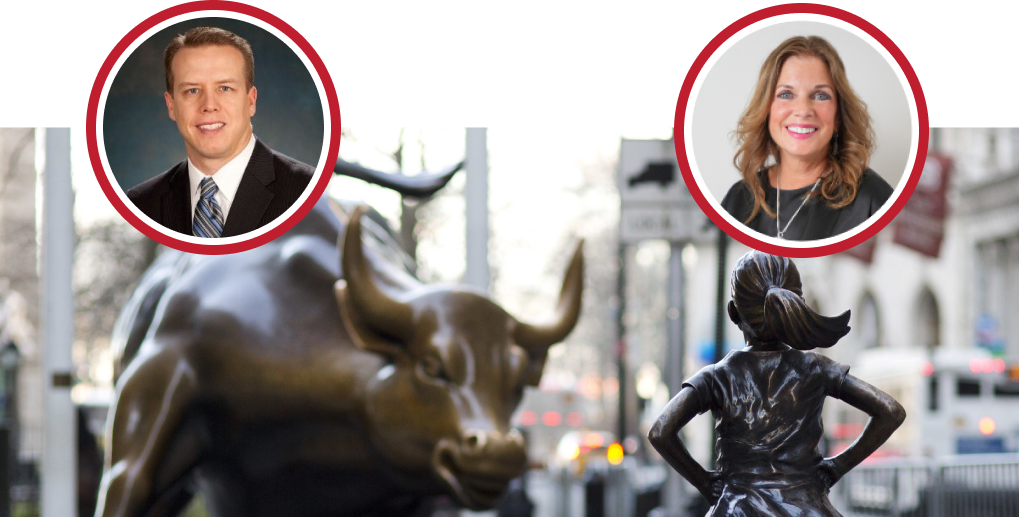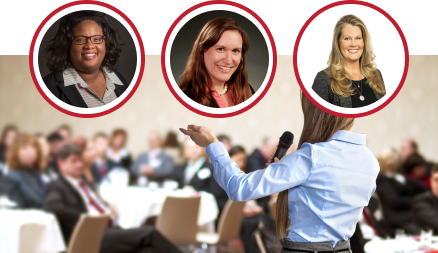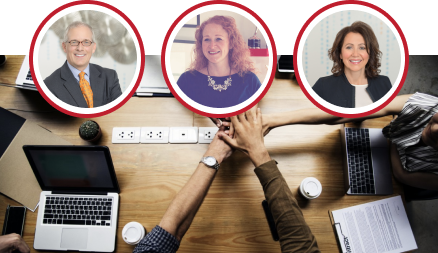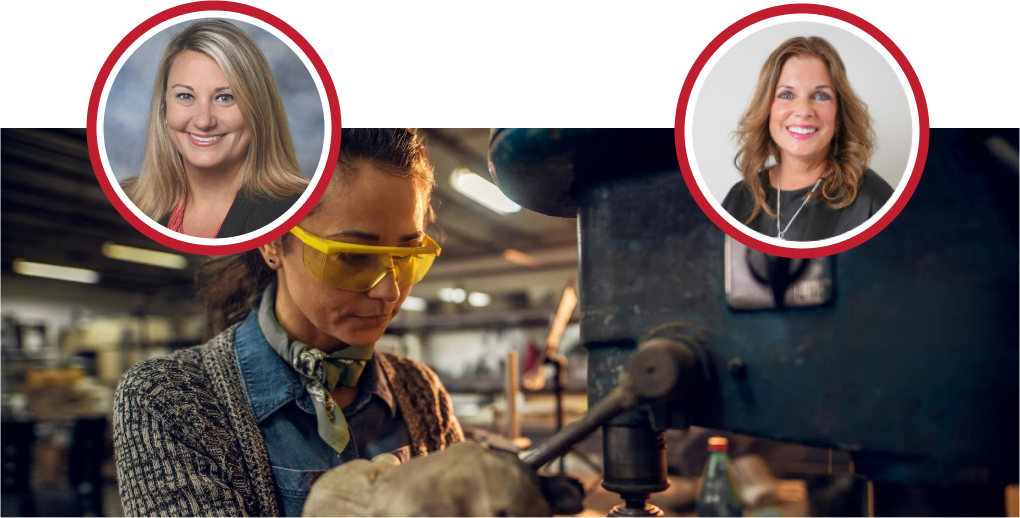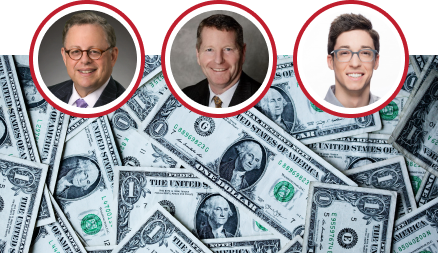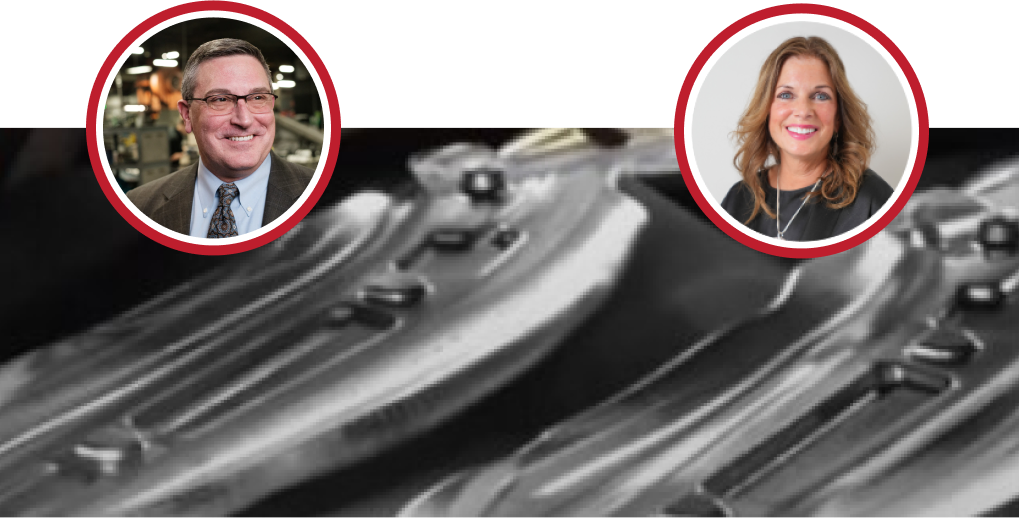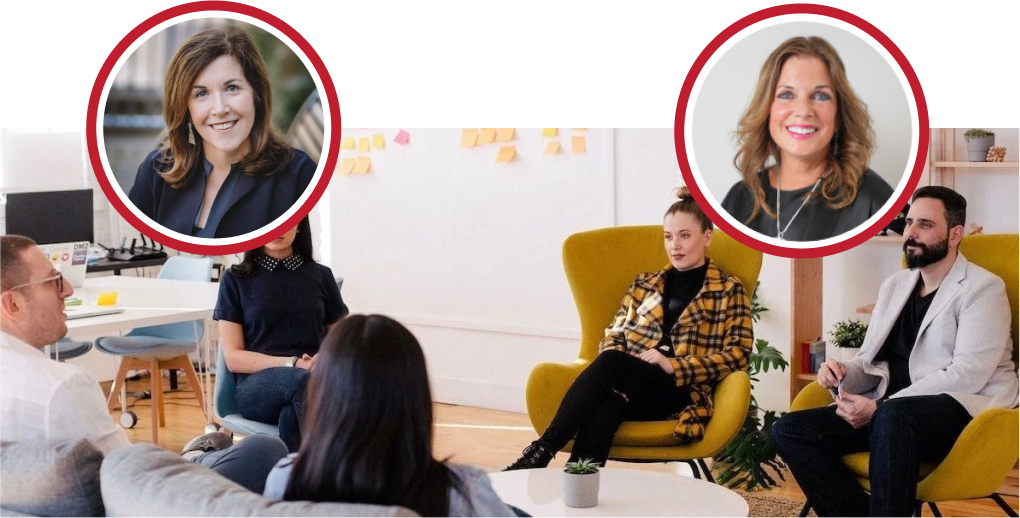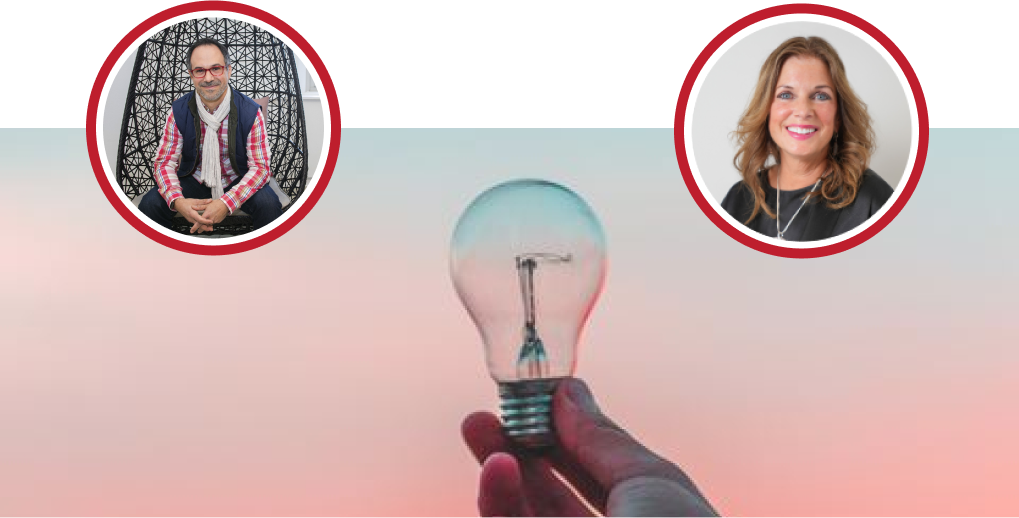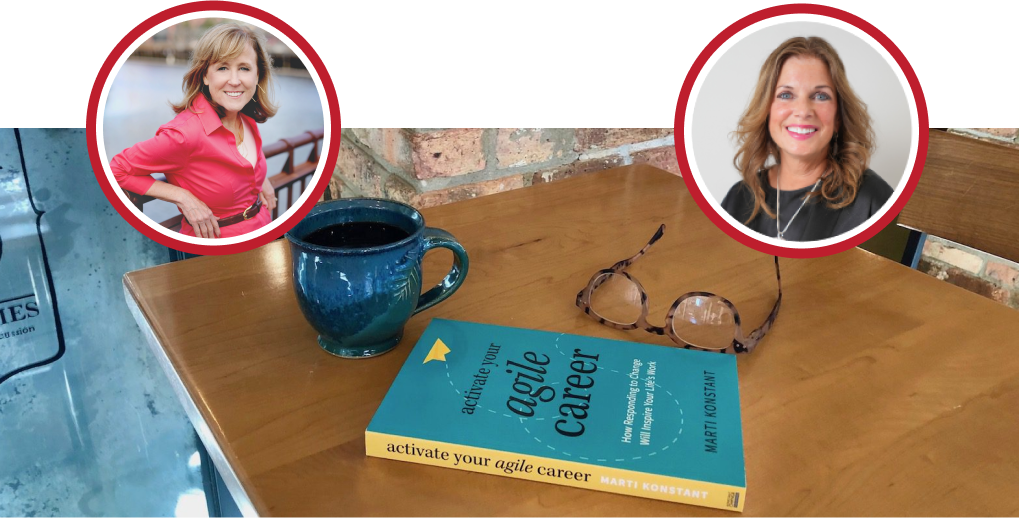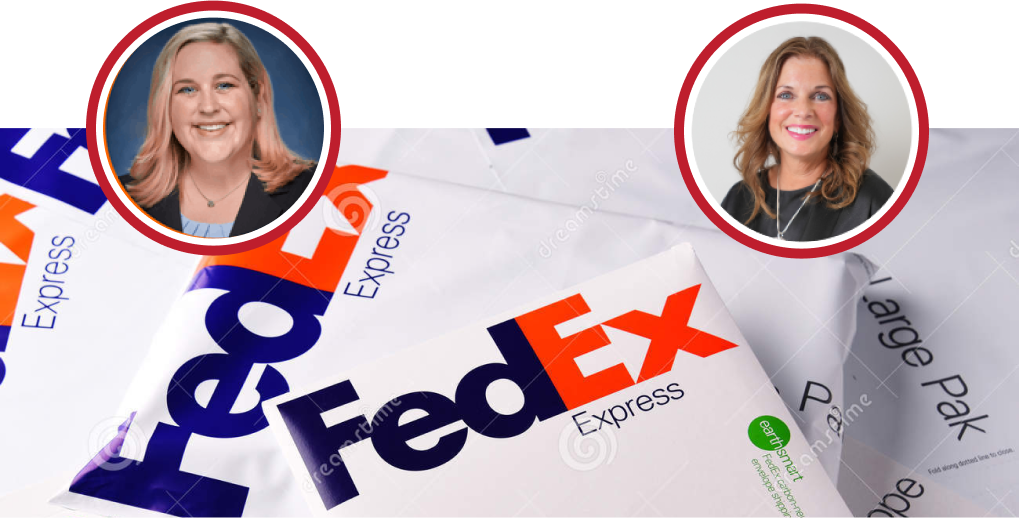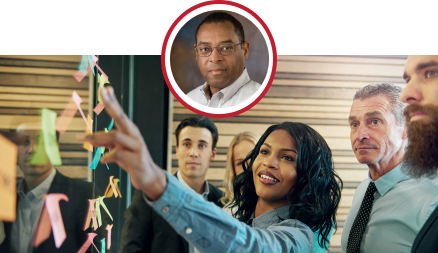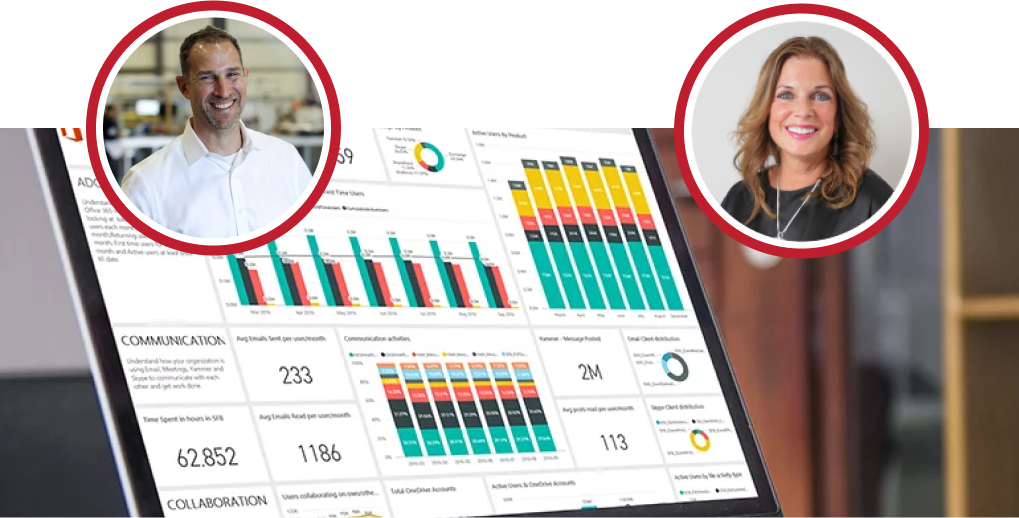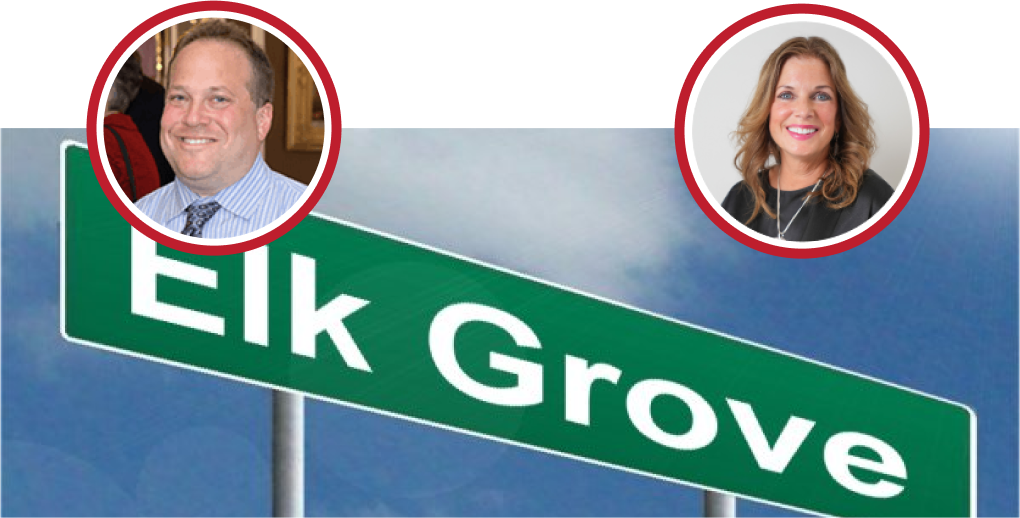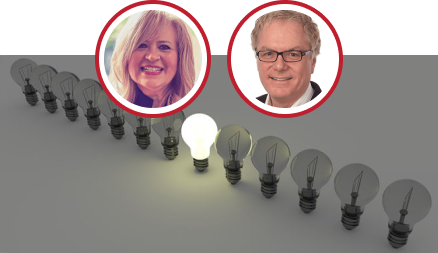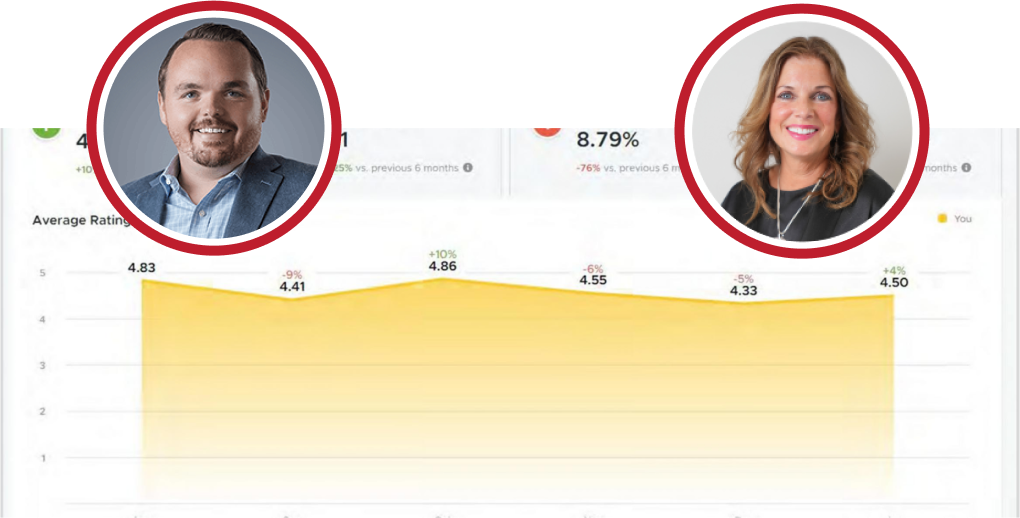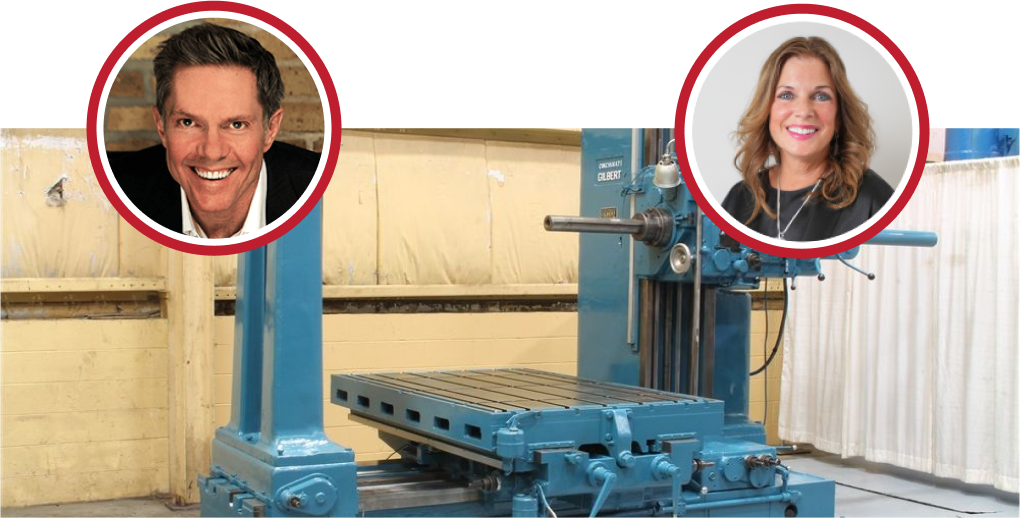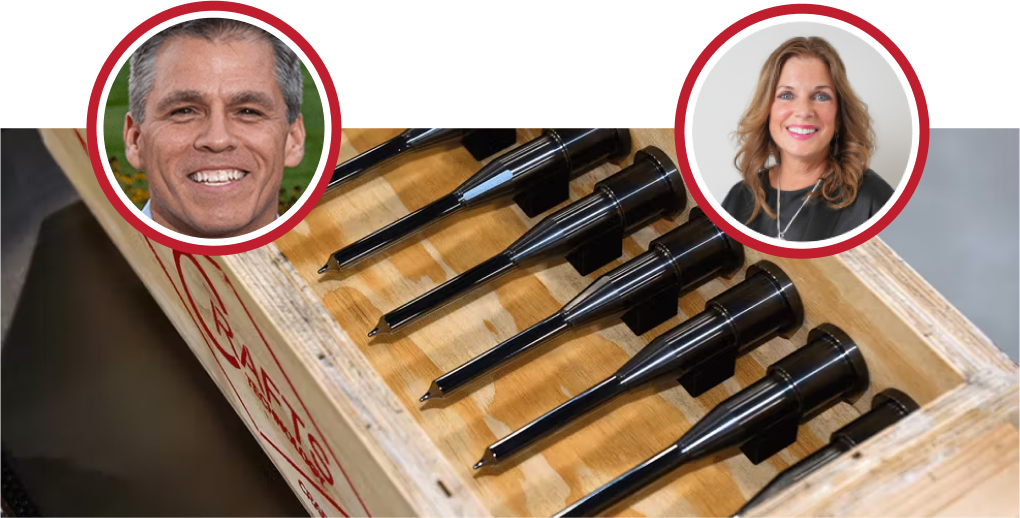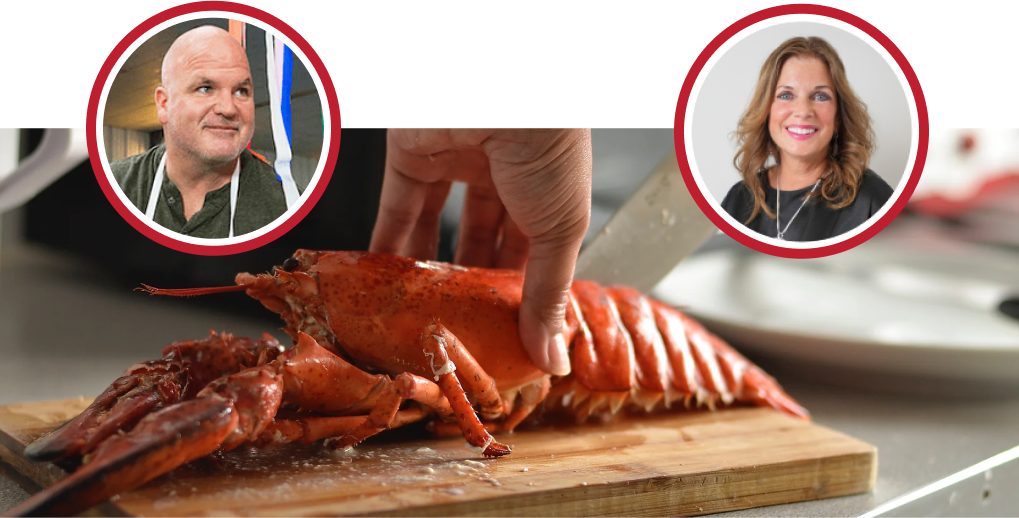Lisa: Welcome everyone to today’s episode of the “Business as Unusual” webinar series, where we’re speaking with badass industry leaders who are thriving and surviving in today’s economic climate. My name is Lisa Behning, I’m one of the Red Caffeine account managers, and I’ll be the moderator for today’s session. We’re very excited to have Josh Grodzin of Elk Grove Village with us today to really help us focus on how the community of Alfred Village has been supporting all of their local businesses during the last few months; they’re beyond business-friendly tagline has really been put into effect, and thousands not hundreds but thousands of businesses have benefited from the efforts of Josh and his team as well as the collective village as they continue to survive and thrive a few housekeeping things before we go ahead and get started we do have everyone on mute today. So, if you’d like to ask a question of Josh or of Kathy, feel free to use the Q.A. option, or you can also enter them into the chat function. I’ll be monitoring those throughout today’s session, and we’ll answer those at the end of our time today also as one of our support pieces for this webinar series. We’ve really been looking to the restaurant industry has been very hard hit during the pink bag, so our first five registrants today did receive a 20 voucher from Grubhub so they could go ahead and order lunch from one of their local restaurants and help support the industry. So, I do see one of our winners did order from Manhattan’s American Bar and Grill and Carol Stream. So, thank you for that, and I hope our other winners do get their lunch here shortly. We’re very excited to continue supporting people in this manner. So, with that, I’d like to go ahead and welcome Josh and Kathy Steele. Kathy, I’ll turn things over to you as our principal and owner of Red Caffeine and the host for today’s session. So, Kathy and Josh take it away.
Kathy: Thanks, Lisa, thanks so much, Josh; I’m really so excited to have you here today. I’ve had the pleasure of knowing you are working with you for a really long time, and it is a pleasure you’re just one of the most innovative and kind people, I’ve had the pleasure of being, working with so can you tell us a little bit about yourself your career and then a little bit about the village of Elk Grove.
Josh: Yeah, I’d be happy to; first of all, thanks for having me on. It’s really a pleasure and honor to be one of your guests, and we have worked together for a long time, so that’s a great wonderful thing; yeah, I’ve been with the village of Elk Grove for it’ll be ten years this fall, wow, yeah, time flies as the Director of Business Development and marketing. I’ve been in the economic development field for over 20 years, working in some other jurisdictions, I guess you could call them, so it’s been a pretty good run so far,r and I’ve done a lot of exciting things, Elk Grove village really for someone like me in the field of economic development is there’s no better place to work I mean it’s incredible the diversity of businesses we have here the number of businesses. We have here, as people can see on the screen, we’re the largest consolidated industrial park in the country that’s 62 million square feet of industrial space under a roof of the spit of available space, and that’s home to well over 5000 companies. So, there’s no shortage of people to meet projects to work on interesting tours of businesses to go on. It’s really endless, and my colleague Nick Radcliffe and I really love nothing more than being out and about in the business community meeting people. Well, it’s really amazing.
Kathy: Yeah, no, to get the opportunity to interact with many of the Elk Grove village businesses as well, and it is just a dynamic and really interesting community to be a part of, so tell us like, let’s step back from kind of the beginning so we can tee up to where we are today and, what was the catalyst, to really thinking about using the Elk Grove Village economic development plan more like a business would really going to market with a more business-like strategy what was the catalyst to kind of the startup of the beyond the business-friendly campaign.
Josh: Well, when that’s a great question because if I think back to when I first started here in the village, as I said almost ten years ago, I didn’t know anybody in the village. I did not have as much as a business card for any business anybody in the village at all, and the first day I started here, and every day thereafter for many weeks, the village manager would always say to me I want to be known as the most business-friendly community in America. He would say that to me every single day in the morning from noon to five o’clock. So, I caught on kind of quick like I think he wants to be known as the most business-friendly community in America he keeps saying that so I better start working on that, but literally I didn’t know anybody and I had there were no programs there was not one single business development program that existed and which is a good and a bad thing because I inherited nothing but then again there was a blank slate to work from right and for the first two years I think maybe two years or more I literally just drove around the industrial park the business community and knocked on people’s doors and said hey I’m with the village my name is Josh, I’m here to help and they probably didn’t know who they didn’t know what was going on no one had knocked on their door for any reason and I really didn’t know what I was gonna say once I got into their business it was kind of like figured this out together and I met a lot of interesting people I got a lot of interesting accolades about the village or complaints about the village but the end of the day I was always invited in for a tour yes because people were really proud of what they were doing here in the village what they were making and for someone for those to come around and just show an interest a light bulb went off and it was like wow I mean and it sound it sounds so simple and basic just to show up at their door but I met a lot of people and I and that enabled me to kind of fill out my database and start making contact with people and one thing led to another now that we had a decent database. We could start having focus groups, and people would come and tell us what they wanted the village to look like, what was business-friendly to the business community, not so much what we thought was business-friendly but what the business community wanted and John Dallas from the enclave, he always says to me the value is delivered value is driven by the customer. I always say that, and he’s right because these businesses are my customer, and they were telling me we want customer service, we want to call the village and get answers, we want to help with our networking with other businesses, we want a vehicle to get more leads. So, it kind of built little by little hey, I know these people here’s what they won’t. Let’s start building out these different programs that can address these needs, so it was strategic, it was planned, but it was also somewhat organic because we didn’t really know what we were doing, and then when you guys came on board, probably year three of that we were able to start putting together these programs with the help of your team and most recently Kayla we started putting together websites like this was I think our first real project I remember that when you had the old ICRC committee. So, we started building out these tools strategically that would give the businesses leads and introductions and service, so it really grew, and now ten years later in business, only to me, it’s still kind of hard to say what does it mean to be business-friendly but when our vacancy rate is under four percent, and it was 13 when it started that’s a pretty good indicator yeah, you’re doing something right not me, but the whole village is doing something right.
Kathy: Absolutely, well, I think that was that’s an important thing to note. I think it did really, from my perspective, start pretty gross roots in terms of you really getting your feet on the street, and then as you were looking to invest, and really I give the whole Elk Grove leadership team so much credit really thinking like a business investing in retention understanding what your business stakeholders value investing in that same approach to like makers wanted to really hone in on what companies would resonate with the infrastructure and the tools that you could offer them and then going hard at that vacancy rate I mean it’s just it’s an incredible success story. I don’t know that you take enough credit for your role in it, but it’s really cool and so leading up to that that that’s been a close to 10-year initiative now, what has that experience or that building of relationships within the village how has that helped you guys weather the challenging, impact of what we were facing in 2020?
Josh: That’s a great question because, yeah, we built up this database of contacts. We put up these programs we’ve already have somewhat of a or we’re known I’m known in the business community now as someone as a trusted resource here at the village, and when something like what just happened with this pandemic hits and we’re all changing how we work, and we’re going from office to home, and we’re working remotely to have that database of individuals that we could go back to, and that can help us put together tools for the business community and launch a website like our coronavirus website her offroad shop website and with working with you guys what we’re all about? How we like to portray ourselves, the turnaround time in doing that stuff is over a weekend, or it’s four days to get a whole website up and get it populated with information, especially this website that people are seeing right now. I mean, we created that website, I think in three or four days, yeah because my colleague Nick, and myself and, Kayla and Rick from Red Caffeine, we were very were able to very quickly pivot because we know how each other worked we know what we want to accomplish we had the business community available for a focus group at the drop of a hat and we can get these tools up very quickly and so much information going out to people early on we wanted to create a one-stop source for all the financial information all the health information all the information, so it’s invaluable to have those relationships because you never know what’s going to happen.
Kathy: Yeah, I mean, I think that it’s important to know that a digital transformation doesn’t happen overnight going from zero people in a database to what you’ve been able to build over all these different community efforts, and then I remember very early stage just being able to get that survey out when the government was looking for different businesses that could, support building some of the things that we needed to be able to build in our country because we had offshored so much of our manufacturing and so in an hour or two we were able to activate, that communication and it was just it is it was even incredible to me to know the power of that data collection that ability to have that digital asset of email addresses and how quickly we were able to turn that into something really useful for the business community and then the greater community, of us as a resource for product production.
Josh: So, yeah. I think, I think, was it was that Sunday, where I got a call at home from Mayor Craig Johnson called me at home on Sunday, Cook County Board Commissioner, Kevin Morrison, called me at home on a Sunday and he’s like both are like we need lists of businesses by Monday that can produce the mass and such and such. So, I have a poor group of people that I can reach out to very quickly. Jeff Taylor from Craft Technology as he was a great resource to help me figure that out, so we were, yeah, we were able to like get that information and get those lists together and surveys out and websites up within a matter of days which was really helpful.
Kathy: Yeah, I think it’s just important to note that it doesn’t really happen overnight; you built that infrastructure because of the intent of being able to be a resource for the business community, and there was a lot of speed to accelerate how what we could do quickly because that foundational, infrastructure was built so very cool, so how has what has been the overall temperature you’re over 3 800 businesses in the community. What is it been positive or negative? What has been sort of? What do you hear from all these different businesses that you’re in touch with?
Josh: Well, in regards to what happened with the pandemic, and yeah, I mean early on, we were getting, I mean, we’ve gotten a lot of input from the business community. A lot of the manufacturing companies stayed open because they’re essential businesses, so it was really helping them navigate what the requirements were for them to stay open and how they would be designated as essential industries and how they could potentially pivot to make PPC equipment or so there was a lot of, just I don’t know the answer I’ll get back to you kind of thing for a couple of days there because this was unprecedented right I didn’t have all the answers, so it was a learning experience for everyone, but I mean I don’t think a lot of the companies in industrial park ceased operations because I mean they’re all manufacturing companies or transportation. So, I mean, if there were a couple of days where I was working from home, but I drove out here just took some time to drive out here and drive around see what was going on, and there were trucks, and there were people and parking lots were full there weren’t a lot of people in Northwest point office park, where it’s almost corporate, but in the industrial park he was very busy, and a lot of companies were like I said pivoting to make masks and face shields, plastic face shields. So, people really stepped up. They didn’t close down. I think a lot of some companies did furlough some people and whatnot, but for the most part, it was almost as business as usual wow some extent because a lot of these companies have tooling in place, but if you’re making a plastic molded part for Toyota, you can easily make a plastic molded face shield we’re able to do that quickly, and we were able to the village was able to make use of that because our fire department is a procurement department, so they bought up a lot of that equipment, and we dumped a lot of information into the statewide database so people around the area could get that information, but it seemed like people were actually faring fairly well business-wise, and I mean the baking tray like I said for the second quarter of this year is still under five percent. So, there’s not a lot of there wasn’t a tremendous axis of companies. Maybe we’ll have to see what the third and fourth quarters are, but it really seemed that it was people who were still operational and hanging on.
Kathy: Yeah, I mean I think that our industrial footprint, and trying to restore remake things in our country and just access I know that’s always was an initiative for the community is how do you let the person know that there is somebody three doors down that make that part that they need they might be sourcing it in China or in Japan, and how can you let them know that their neighbor actually makes that part too, so that was a lot of that connectivity of that community of the community using some digital assets was always the major objective for us so.
Josh: It was; it’d been kind of our goal is to have people source things locally, and for me just going around and meeting the companies. I built up the kind of like encyclopedic listing in my head of all these companies. I don’t have it; this is there’s no database obviously, but there’s also this database in my head, and it just comes out someone says I want I need this piece I need that he’s like oh that guy down the street can do it I’ll put I’ll have you mean her or her, and it just is it’s a natural thing for me to do is just to help people network with each other.
Kathy: Yes, I do remember, during the interviews of some of the business owners or leaders, them saying we need a virtual Josh, so if you can just virtualize Josh, we’d be all good, so, we did our best, but it is hard to replace those human relationships so let’s stop step through some of the other like more the innovative things that you guys have done through like lately more recently and then, some of the things that you’ve been doing so I think regardless of whether you’re a municipality or a business leader there are some great takeaways by all the types of, activities you guys have invested in both digitally and more traditionally. So, when stepping through the websites that were built for like in reaction to call bed?
Josh: Yeah, we initially built two websites, and one of them, the chronographs website, which I think is coming up, one that was designed really, as I said over the, pretty much over the course of the weekend as a one-stop-shop for businesses looking for financial assistance through the state or the federal government or the county, that’s so one of the boxes financial assistance for your business there was other was how people who want to make mass or facilitate PPE equipment how can they get into the state database so when the state needs to order things they can be part of that, that supply chain and then also just letting people know about what are the guidelines what are the CDC guidelines the health guidelines for your facility because I was getting calls from people asking me like what do we do if someone comes to work sick and I’m like well what do follow the CDC guidelines we’re not in the village doesn’t have a health department we’re not running that type of oversight can. So, it’s just really an easy way to get all this information into one website so people can get on there and kind of cut through all the noise because there’s so much information and just get a one-stop-shop, and then this website led to okay. I said earlier that I think the businesses did fairly well; we’re lucky that we have a diverse business mix here, and a lot of it is industrial, but we’re not; we don’t have a lot we don’t have like a traditional downtown, but there are quite a few restaurants in the village and the restaurants were by state order shut down, virtually shut down. So, we really created this website to let residents in the village know that hey, even though you can’t go to a restaurant, you can’t go to a retail shop, they are having curbside picked up, or they’re having delivery with no contact delivery so support your local restaurant because they’re taking the hardest hit and they’re still are they still are open for business so we want to create this interactive kind of, shop Elk Grove website where residents could still support the local restaurant businesses who really took the major hit because they had they were ordered to close they’re just now.
Kathy: Absolutely, I mean, I think it’s incredible that you’ll be able to activate that so quickly, and these are more some more things that you’ve been investing in for some time now, so speak to some of these because I think these are really, important to your businesses.
Josh: Absolutely, because as we built out our programs here in the village we’re somewhat limited we might like my colleague Nick and I we work with companies and helping them find buildings helping them access potential incentives help them navigate the permit process help them network with each other, but there’s limits to what we can do because we’re working we’re within the village and we’re not experts in business so we partner with some other organizations for example on play for entrepreneurs is an incredible resource here in the village John Dallas is the CEO over there and what john does is that he works with business owners on not so much of their business plan or their business acumen but works with them on their mindset are they mentally prepared for entrepreneurship are they mentally prepared to run a business in all the stresses that that brings on people it’s one thing if you’re an expert reading a balance sheet or an expert in marketing or the nuts and bolts of a business but are you mentally strong to handle the ups and downs of losing contracts winning big contracts and all that comes all that stress that comes with it and john’s actually I think in the middle now or maybe two-thirds done running his makers wanted founders first cohort where he’s got about 20 business leaders going through those training programs right now along with his colleagues David and David Morrison who are psychiatrists and they really drill down and work with people on their mental acuity to be in business so that’s a tremendous resource and that’s something the village just does not have expertise in obviously so he’s a great add-on for that next level northwest is another not-for-profit where Elk Grove partnered with four other communities Schaumburg Hoffman estates rolling meadows and , Hanover park and we created this organization next level northwest that provides free business coaching so whereas john at enclave works with the like I said the psychology of business this is more hey can we help you with your business plan is there an area of your business like marketing or human resources or accounting that you specifically need help in and we’ll match you with the coach to work with you on those specific issues and that’s been wildly successful we’ve had seven companies go through that program and they are reporting to us that their revenues just by working with the coach for 90 90 days or so through this program are up 30 50 in case 100 percent because now they’re taking a different look at their business with the coach kind of stepping back and seeing where their deficiencies are and tweaking things and they’re experiencing tremendous results from that and it’s not a huge time investment it’s only I think the program is only 120 days and next level northwest which is funded by those communities as well as wind trust bank comcast and Lavell law or some of our other board members we pay for the coaching so there’s no cost to the business.
Kathy: Yeah, it’s so I mean it is just absolutely incredible, and I think what is different and what leaders can learn or, economic development, groups can learn is that it’s you’re going after sort of the root, cause of why a business succeeds or fails and you’re helping, business leaders through those really challenging, life cycles of business and so by doing that endears them to your community and with if they survive and thrive you survive and thrive it grows your retention yeah absolutely capacity rate so I mean I just, I think that’s a huge takeaway that other businesses how do you help people help themselves, and it’s a win-win for everybody involved so I know.
Josh: Okay, was always ever since I’ve been here we’ve always prided ourselves on being innovative so a lot of the function of government is you take away police and fire and public works then it’s regulatory can I build this you can’t build this you got to build it this way and that’s fine I mean someone’s got to do that but Elko’s always been like well what can we do to help you maybe you can do it this way but here’s a suggestion how you can do it or here’s a resource that can help you grow your business and I always tell Nick my colleague like if you say no to a business say no but you can do this or here’s another resource for you give them something else just don’t know and let them go away give them something else to access or think about and then they see you as a leader and as a problem solver so when they have that problem next time then that problem might be bigger it might be I’m I’ve grown out of my building I need a bigger building I had all the answers I’ll call my guy, Josh or Nick at the village and they’ll help me out so it’s strategic in that way for sure.
Kathy: Yeah, and I mean, I think that too one of the investments you guys made was really pulling the beyond business-friendly mindset all the way through. I remember when we first rolled out that campaign that we were in one of the onboarding meetings with somebody from public works, and they walked over to you and said, Josh, I was just in somebody’s business, and they want to expand, so it was like you were getting that then your whole infrastructure was aware of these are the insights that we should be looking for when we’re in within an organization to help them grow or and help us retain them as businesses in our community and I so I would go back to retention as that was one of the first objectives when we started working with you guys was business retention, and I love I think we’ve got a slide of it, you do these, these visits these ambassador visits, so can you talk a little bit about that.
Josh: Yeah, absolutely. Yeah, you can see the pictures of myself, and next to me is Nick, and then Nancy Zarnick and Samus are two of our board trustees. So, yeah, we’ve been doing this for several years where we’ll go out. We’ll call the companies and say hey we’d love to come out and see what you do get a tour introduce ourselves to you introduce some of the trustees to you and it’s just a really great way of building relationships in the business community because these companies many of them are the sons and daughters of the person who started the company their family businesses, they’ve been in the village for decades, some have just moved here more recently but they’re all so proud of what their families have built or even if it’s not a family business there’s a lot of pride in what people do here and what they make because pretty much any anything you use probably is made here in the village, I just got noticed my battery is low, but yeah so we go out we take tours we and that strengthens the relationship with the business then we put them in our database and so they get further communications from us, and the trustees love it because they get to, they get to meet the companies get to meet the trustees so if there is some type of incentive program that comes their way the board already knows these people like oh yeah I would get that company it helps tell their story to the leadership of the village which is critical because.
Kathy: It really, really, puts a name and a face and a story when they’re voting on, passing something, or it’s just way more personal.
Josh: Yeah, because Nick and I, we have to kind of tell the story of these companies to the board to our executives here, because there are always issues that come up, and it’s easier for them to already be familiar with these companies, so it’s not like a shock in the first when they first encounter them basically it’s just great to know everyone’s story, and it just makes everyone want to help each other more.
Kathy: Yeah, and so you’ve had to kind of virtualize those for the last few months, not really being able to get into people’s businesses, but you’ve been able to keep that continuity of the experience and doing virtual tours and such, so we’re all having to adjust some of the, way we’ve done things prior but I’m glad to see that you guys are continuing to do those ambassador businesses I know just having spoken to so many of the business leaders it does feel good to have the village care enough to come into their business talk them into having the mayor take an interest in what they’re where they’re building or making or doing, so it does go a long way with retention activities I’m gonna also, love to touch on you guys are even impacting a lead generation for businesses through a couple of the activities that you do, strictly business podcast how many villages are doing their own pack right we’ll talk about that a little bit.
Josh: Yeah, we do a monthly podcast here at the village, and we kind of started it because it just made sense that people are getting information in so many different ways, and I was always just trying to figure out how do people learn about the village, and I got several businesses telling me we don’t get the village newsletter, or we get it we don’t read it I’m like well if people don’t have time to read things anymore, but they’re driving their car to work maybe they’re listening to a podcast, and we have a really great studio here, so we thought hey let’s just start doing a 20-minute monthly podcast on some interesting business topic or business profile, and we’ve done a ton of them and they great they really good get great listenership, and I believe that businesses have learned from them learned about a business they’re not familiar with, I know we’ve had john on the podcast five or six times, so it’s just a really good way to another communication avenue that we’re making use of.
Kathy: Right. I think one of the other features that you do is highlighting businesses and their story so not just hearing their story when you tour their business but actually putting out almost like P.R. or a press release and giving this a unique way to expose a business story that’s within your community it kind of checks the box on educating the people within the village on who’s doing business in their community as a resource but also it gives them wider visibility to like the region and the nation because we’ve got you to know a pretty big reach now.
Josh: Yeah, I mean the block party, the podcast, and even the manufacturing expo we do; it’s a way for the village. I mean, we’re the local government, so we can’t like just blatantly promote somebody, but we can create all these different platforms where people can tell their story and weave into it some information about the village and about how business-friendly we are, or what have you and this information goes out via email, we have a large database, and it’s another it’s just another great tool that we can utilize to shed a spotlight on the business community because that’s really, what makes all growth special it’s not the village itself it’s the business community here, and the companies that are here is what really is interesting and exciting about the important village.
Kathy: Yeah, well, you touched on the Expo, and I think we should give it a little more, do because it has been an incredible event that’s been put on every year at no expense to your business stakeholders, so they all get to attend why don’t you talk a little bit about how that idea got started and just the impact it’s had on the business community?
Josh: Yeah, well, the way it got started was back to the beginning of networking; how can we as we went around visit all these companies it just got to be like how can we operationalize what I know in my head how can we get these companies in one room and to talk, and a lot of companies don’t have the funds to go to big international trade shows or even local trade shows I would even go to trade shows I’d go downtown to IMTS and just walk around, and of like what do I do here there are so many companies. So, it’s kind of a way like, hey, let’s create our own party. So, we’re the host of it, so we have more of an active role, and we can kind of coordinate it, and so we created this idea to have our own manufacturing expo, and I think we’ve done eight of them, so far, I think this year but we’ll see what happens this year, but we’ve done eight of them, and ever since the first one I think we had 700 people came to the first one I mean attendee wise we had close to 100 exhibitors, and we’ve grown that number. I mean, we’re limited about the number of exhibitors because of the size of rooms we can have, but every year we’ve had about 100 exhibitors and 8 900 registered attendees; we give out business awards before the Expo at a luncheon, so the mayor gives out three business awards we’ve had Governor Rauner, Former Governor Elena. Governor Rauner came twice; we had now Senator Tammy Duckworth come to one of the expos. So, it’s gotten great notoriety, and a lot of companies who exhibit there have documented that they’ve gotten a lot of leads from it, and they’ve made sales, they’ve met new vendors, they’ve met new customers. So, it’s been a tremendous success, I think, in terms of really accelerating the networking and that supply chain coordination throughout the village, and we’ll keep doing it as long as people keep coming to it, and there’s no cost to exhibit there’s no cost to attend, and it’s only a one-day show, so it’s not a huge time investment it’s local, and we do it very much like any trade show with the pipe and the drape and its giveaways, and we give lunch to the exhibitors so it’s really turned into like kind of a cornerstone community events that we’ll keep doing as long as people keep coming to it it’s been really amazing.
Kathy: I mean, it has, and I am. I’ve been grateful to be a part of it because it is just it’s an incredible experience. I remember you saying in the beginning, I just want to get all these Elk Grove businesses under one roof, and for the first one of the first years, we actually did it in a vacant right as part of an opportunity to showcase an open building the vacancy rate is pretty low, so we haven’t had that opportunity as we had, but that was super cool too just to be able to get people to a building, and yeah, I don’t know if we can validate that the building got sold, but because it was it did get sold quickly after the Expo. So, we’ll just yeah, then we had some hand in that.
Josh: It’s interesting because in a roundabout way, one of our bigger companies that moved here last year was Stern Pinball, yeah from this end and I think of the first Expo. I met a gentleman who worked for a company called Namco here in El Poro Village; Namco is a part of a Japanese corporation that they invented Pac-man. You’ve ever seen Pac-man that says Namco? Oh yeah, and I met him at the first Expo, this guy named Ray, and then like a year two later, he called me. He’s like, hey remember me, I’m not with Namco anymore with this company Stern Pinball, and we’re in, we’re in Franklin Park, or I forget exactly where they were, I think was Franklin Park, and we’re thinking about moving, and I’m like I’ll be there tomorrow, and I went down to franklin park and brought my team with me, and we took a tour and struck up a friendship with the owner Gary Stern, but yeah, I probably would have never met.
Kathy: Oh, we lost Josh.
Lisa: Thank Josh’s battery diets. We’ll give him a moment to plug in, but while we’re waiting, thank you to everyone who’s gotten into a few questions as Josh has been talking a lot about his community, we actually have a question back for you that I’m going to put up now while Josh is coming back online and we’ll be putting that up here, so Josh is talking about what they’re doing in Elk Grove. Hi Josh, we’re going to do a poll while you get situated again, do you feel your own community is beyond business friendly so three simple answers yes no not sure, these are anonymous so would love just to get a quick pulse check from the audience do you feel after hearing some of these things how is your community doing in supporting your own business so give everyone just a few more moments here to think about that sorry I lost my connection but I’m you can hear me now right I think if your battery might have died since you mentioned that before so I’m going to go ahead and we’re going to end the poll here and share the results so it looks like overwhelmingly yes for those of you attending today live you do feel like your community is really supporting your business so that’s so great to hear for those of you that are kind of unsure obviously Josh has a lot of great information to share as do some of our other local Chicagoland areas but I know you can always reach out to Josh with questions as well.
Kathy: Yeah, I do want you to kind of wrap up that statement about, Stern Pin Maul but like to your point where it’s kind, I think you were saying that it wouldn’t have happened we what’s challenging , to many businesses have a kind of a complex cell like to the village itself isn’t really selling real estate or getting people , to stay in their or expand in there, buildings it’s really a consortium of people that are involved in making sure that people are retained and finding , vacancy or vacant buildings to put their business in , but these vehicles enhance the ability to retain business enhance the ability to get new businesses into your community and anecdotal information is what we have to rely on because it’s very difficult besides just seeing that large vacancy, drop from over 13 percent it’s been under three percent at times oh, I think that’s our main indicator that that the campaign is working and the activities that you’re investing in are working I do think like a specific question came through about , the tech park and Lisa, Do you want to it seems like a good time to ask that question right now?
Lisa: Yeah, and it actually doubles in with something Josh and I had spoken about, so one of our questions was first they wanted to say, listening in from tasty catering, a proud outdoor village company, so thank you, Josh, for all that you do and your team up, so they were curious one how has covid affected progress at the technology park, and I know that actually rolls into something you and I had spoken about during our pre-interview is you guys are also preparing for what is kind of the next step postcode look like if reshoring becomes a thing how is the village getting ready for that. So, I feel like those might be good questions to tackle together.
Josh: Yeah, that’s a good question, and right before the pandemic hit, there were a lot of projects in the pipeline, and the first quarter of the year and those projects continued to fruition, they didn’t stop the tech park being one of them the tech park as it stands now the way it’s built there are four buildings there and two of the four buildings are fully occupied, or mostly occupied t5 data centers bought one of the buildings Broche Automation, a German Aerospace company moved in and then just recently in the last few weeks another company Japanese manufacturing company signed a lease over at the tech park. So, it didn’t; it hasn’t slowed those folks down at all, and then also a Microsoft bought the entire east half of the Indus of the tech park to build a data center campus, so that hasn’t slowed the Microsoft hasn’t slowed their plans down at all either so I don’t think it’s a really affected the tech park now if you talk to the brokers for the tech park CBRE obviously they have more access than I do to their pipeline because that’s proprietary information so maybe they lost some leads here and there but from what I see it hasn’t really slowed down occupancy and it’s actually almost except for two of the buildings it’s practically built out, so it’s going really well over there.
Kathy: It’s great. It looks like another question came in, Lisa.
Lisa: Yeah, so a few questions actually if we want to move over to that, so one of them being and I’m actually going to go back up to the first one because it will kind of work our way through, so curious from Jeff Taylor asking, in general, have you been able to benchmark or compare the progress village has seen as far as business development against any other municipalities is their data like that available for you and your team, Josh?
Josh: The only hard data we have is an industrial vacancy; we get a quarterly report that shows every city in the entire Chicago region. So, we could benchmark our vacant period against other communities in the O’Hare industrial market and we’re one of the lowest I think we’re the second lowest and the other one that’s lower than us is in DuPage county so it has a whole separate set of advantages of being in DuPage county , but it’s still in the Ohio industrial market so objectively looking at data you can look at vacancy and benchmark against other communities and we’re definitely right up there is one of the lowest, the rest of the of that is really anecdotal I mean I talk to my colleagues in a lot of communities that are more heavily retail dominated that rely more on restaurants and shopping and they’re going to take a hit on retail sales tax our numbers as far as building construction and retail sales tax haven’t really dropped that much I think building permanent issuance is actually up and the retail receipts are almost equal to what we were last year so I mean we don’t benchmark that data against other communities because no not everyone shares that with each other, but just looking at that data from vacancy to revenue it looks like we’re in pretty good shape.
Lisa: Great answer, so next question for you, Josh. What do you feel is the most important aspect of economic development?
Josh: The most important aspect I always say I tell my colleague Nick this all time is building relationships because we’re essentially in a customer service business and if you don’t, build those relationships where people can trust you trust the information you’re giving them and to be honest with them you’re not going to be very successful because people are making huge investments in your community they’re buying multi-million dollar buildings multi-million dollar machinery they’re moving employees they’re going to lose employees they’re disrupting their business they have a lot at stake and they’re investing a lot and if they can’t trust you and feel good about the community they’re moving to and that could be as simple as just calling them back answering the phone sending them an email checking in with them once we’ll see how they’re doing or just meet them Nick and I have stood out in the cold in the rain in the snow in 90 degree heat to meet with businesses and talk to them and I like to think they appreciate that and that and that relationship building will only serve you down the road maybe not tomorrow or the next year but you might get a call in six seven years saying they remember me I’m looking for another building you build up that kind of that bench of relationships you’ll be successful.
Kathy: Yeah, I mean, the only thing as an outsider looking in that I think you guys have gone really effectively is the whole process; I remember saying we can’t say you’re beyond business-friendly if somebody goes to the permitting part department and then they’re met with a lot of resistance so how do we make this a frictionless process of frictionless experience, you created tools like the welcome kit and those in both digital and more traditional tools so that you could meet those, business leaders where they’re at and what they’re what tools that they would find, as good resources, so I feel like just owning it I’m picking the permitting department, but everybody really is invested in, the community and I’ve seen you guys talk internally about getting somebody into a 6b or a really more advantageous, tax break so that you can make it work for them to expand or to, to bring the business to Elk Grove.
Josh: Yeah, and not everything works. I remembered years ago; that we launched an app. I went around to all the restaurants and said, hey, if the village paid for this app, would you load all your information on it and specials and like a digital sandwich punch card, and everyone’s like yeah, we would love to do that, and we launched the app, and it’s it failed spectacularly because no one kept it upright, but we tried, and you got to try new things, and you can’t be afraid to fail.
Lisa: So, speaking of trying new things too, Josh, I know one of the things you and I chat about is kind of this what’s next now Elk Grove has as we’ve talked about today, you’ve invested in a lot of tools a lot of technology and infrastructure but as you look ahead one of the things that are kind of on your mind is refreshing something. So, where is your brain going as we look to the second half of 2020 moving into a hopefully much better 2021?
Josh: Yeah and recently Nick and I really started well we recently completed a study a very robust study that was a competitive analysis of the village and we were going to use that information to go out and educate real estate brokers on the advantages of being in opera village and so they could pass on to their clients we’re working on bringing a being one of the first communities in the country to have a robust 5G network so we’re interviewing providers for that so it’s really taking things the next level where we’re putting in place not just websites or brochures or programs but actually infrastructure like a 5G infrastructure so we’re not only the biggest industrial park but we’re the smartest and the fastest industrial park in the country we’ve been saying for so long we’re the largest industrial park in the us we’ve said that for 10 years maybe people are getting sick of hearing that so what can we do to refresh that now we want to be the fastest and the smartest industrial park in the country so we’re looking at the 5g we’re looking at the competitive analysis because we talked about reshoring earlier I read some statistics somewhere I think it was a from Richard Ellis brokerage firm that just a small amount small increase in U.S. warehousing brought back to the U.S. is going to require like half a billion more square feet of warehouse space just a small like five percent across the board so we need to get out there and educate the real estate community on the advantages of being an outgrowth because we want to capture that investment for new tenants that creates jobs that creates investment so it’s really kind of telling our story with data putting in infrastructure that can help businesses succeed because at the end of the day we talk about relationships and vacancy rate but one of the things that I really get a kick out of and I don’t have great data on this but if a business expands or business moves here and expands they’re creating jobs for someone that’s someone who can now feed their family take care of their kids and having a job is that’s the most important thing I mean that that gives people a life so it feels good to help people succeed in that way so as long as we can keep these companies strong and keep them hiring people that’s just that’s icing on the cake.
Kathy: Yeah, I mean, and the only thing I would also add just is the way you’ve been able to activate relationships with the high school and with other community education or other industry, especially in the manufacturing space, other industry associations, and really be able to share best practices share ways to get people excited about being in manufacturing or industrial careers getting down the idea that there’s great earning potential I mean you’ve just you’ve been able to like let next level northwest you’ve been able to really use community relationships and both on the education side as well as association side to enhance, what you’d be able to provide for your business stakeholders?
Josh: Yeah the last Expo, last October the village , gave up high school hundred thousand dollars to help them build out and renovate their manufacturing fabrication lab because when we do our business ambassador visits we hear all the time the number one issue it’s not taxes it’s not flooding it’s not permits its workforce development where are we going to get the next generation of our workforce from and working with the high school we co-identified that and par our partnering to help students that might not go to college or might go to college but still have an interest in manufacturing to get hands-on experience at the high school and even connect them with businesses in the industrial park for internships , so yeah we have a lot of partners I mean it’s not a one-person job for sure so we have to engage with the school districts , we have to engage with the real estate community with next level northwest with enclave because there’s definitely you have to partner with people to get all this done there’s just so much work to be done.
Lisa: We actually have one last question coming in, Josh. I’m actually going to connect you with this person afterward as well but just given the fact right now as we look so you were talking about Expo earlier being canceled or postponed or changed, we’re still figuring it out in this new world with a lot of other companies and other even trade associations everyone’s going through this any ideas on what you’re feeling are good ways to outreach to businesses who might need help and support so any advice or any success you’ve seen from either your team or other companies in the village having success kind of on that lead generation front I guess.
Josh: Yeah and it’s interesting because before this I didn’t I don’t think I ever participated in a zoom conference or worked from home and now we’re doing the zoom virtual business ambassador visits so it’s the technology out there has allowed us to kind of I mean we definitely had some interruption but it’s allowed us to stay in touch with the business community I know I enclave john is running his programs virtually it was an in-person training session so he transitioned to doing it virtually we’re doing our business ambassador business virtually we’re having staff meetings virtually so we’re still staying connected as much as we can and we’re doing that with our lead generation campaign we’re taking that that competitive analysis and incorporating that into a lot of our digital platforms our emails our podcasts and getting that out to the brokerage community so we’re still kind of doing the same thing just doing it a little differently , because yeah we have to stay connected , if especially Nick and I a huge part of our job is just being out and about in the business community and we haven’t been able to do that physically so we have to do it virtually so we’ve been taking advantage of all the technology we can to continue to do that.
Kathy: You probably can get a few more visits in if you do it virtually. There’s not that commute factor anymore, right yeah, absolutely, I know there have been some efficiency gains, and it is kind of interesting that you guys are investing in that 5g. I mean, it’s going to be really timely. I mean, sometimes you’re just making the right choices, and you don’t even know why and then right, you have something like this go-on and so tech emphasis.
Lisa: Well, as we start closing out today’s session, I want to say thank you, Josh, for joining us and sharing all the great work that Elk Grove Village has been doing as well as how you’re thinking of the future well for those of you that may have a question still lingering for Josh, we do have his contact info up on the screen so you can email him at his Josh Grodzin at elkgrove.org address just reference unusual on the subject line so he knows you’re coming in from the webinar or you can also connect with Josh on LinkedIn as well so as we look ahead to our next session which will be in two weeks on Thursday, July 30th. We’re excited to have Emily Brown, the Managing Director of Global Compensation and People Support from FedEx, express join us for another lunch and learn if you will. So, when you think about FedEx express, of course, we’re always all familiar with their amazing shipping getting things to where they need to be on time, and as you think of that, think of agility, efficiency, modernization, plus you’ve got to have a great staff to be able to make that happen. So, Emily is going to be coming in and sharing more with us on some of their staffing practices how they’ve been preserving operational excellency while having to completely change some of their processes when you think about safety over the last few months and then lastly just really thinking about how do you stay agile in this business environment when things might even be changing every hour so you’re getting lots of new info and that’s something that x has been really focused on during the last few months so registration is available you can go to redcaffeine.com and click on the “Business As Unusual” link right in the center of our home page this will also be in the follow-up email from Josh’s webinar so again we encourage you to register the time doesn’t work please sign up for the recording and we’ll also be sending out info with Josh’s recording as well so you can share today’s webinar with friends colleagues and family and everyone can learn from that today was your first time attending a “Business As Unusual” webinar series we’re glad to have you and hope you learned something from our session today if you have any questions for Kathy and I feel free to reach out to us at connect redcaffeine.com and we look forward to speaking with you. So, again thank you, everyone, for attending; thank you to Josh and Kathy for the great and spirited conversation, and have a wonderful rest of your day thanks, everyone.

